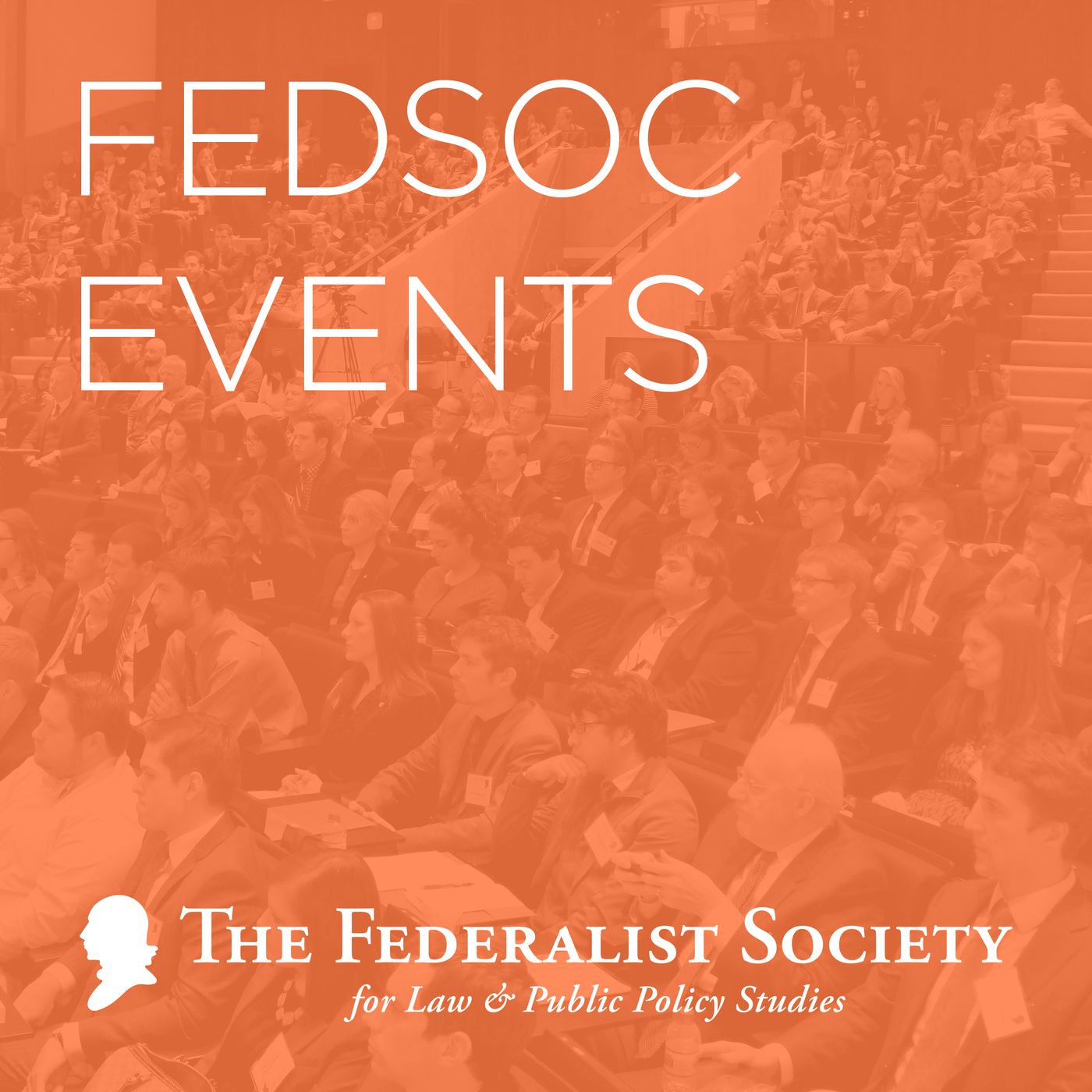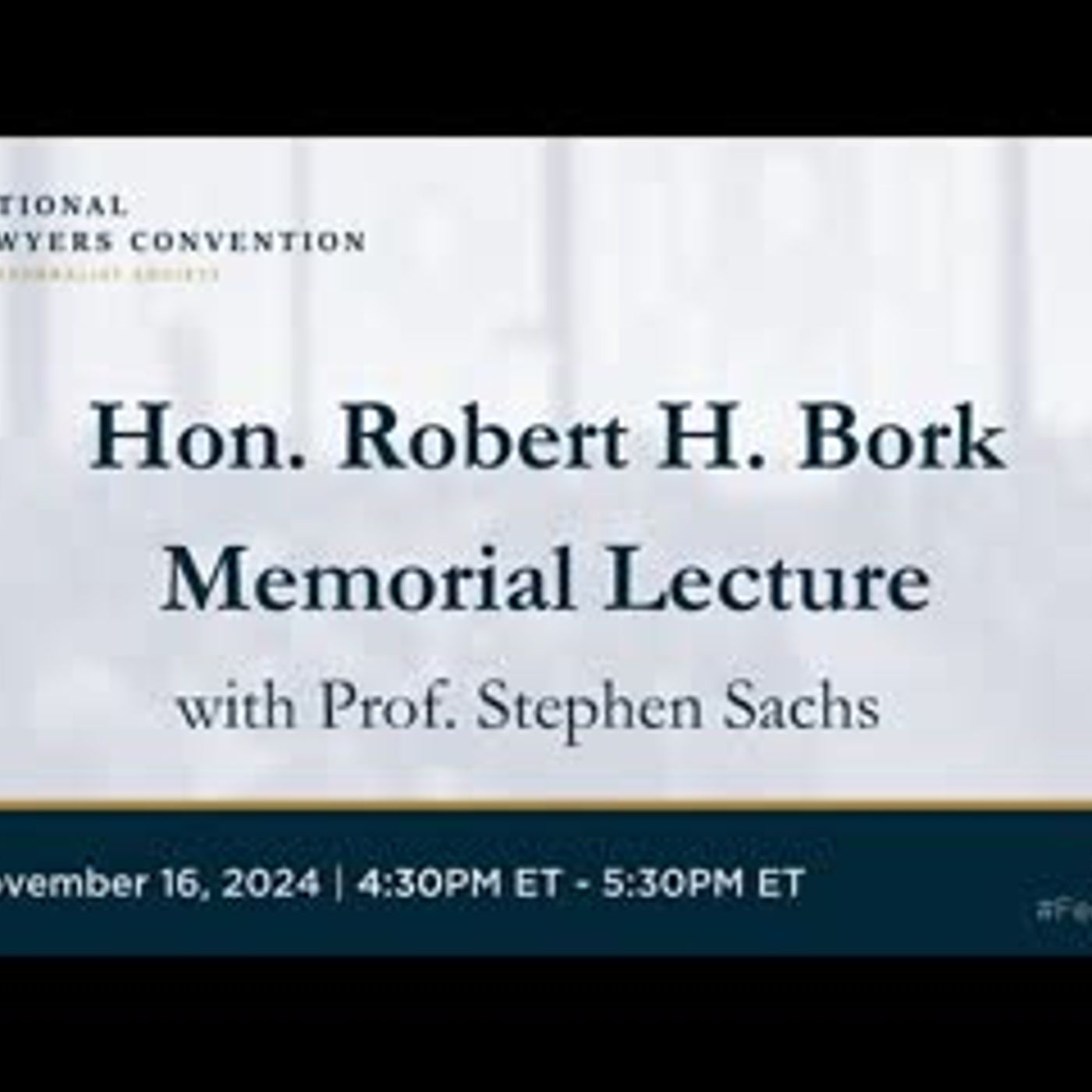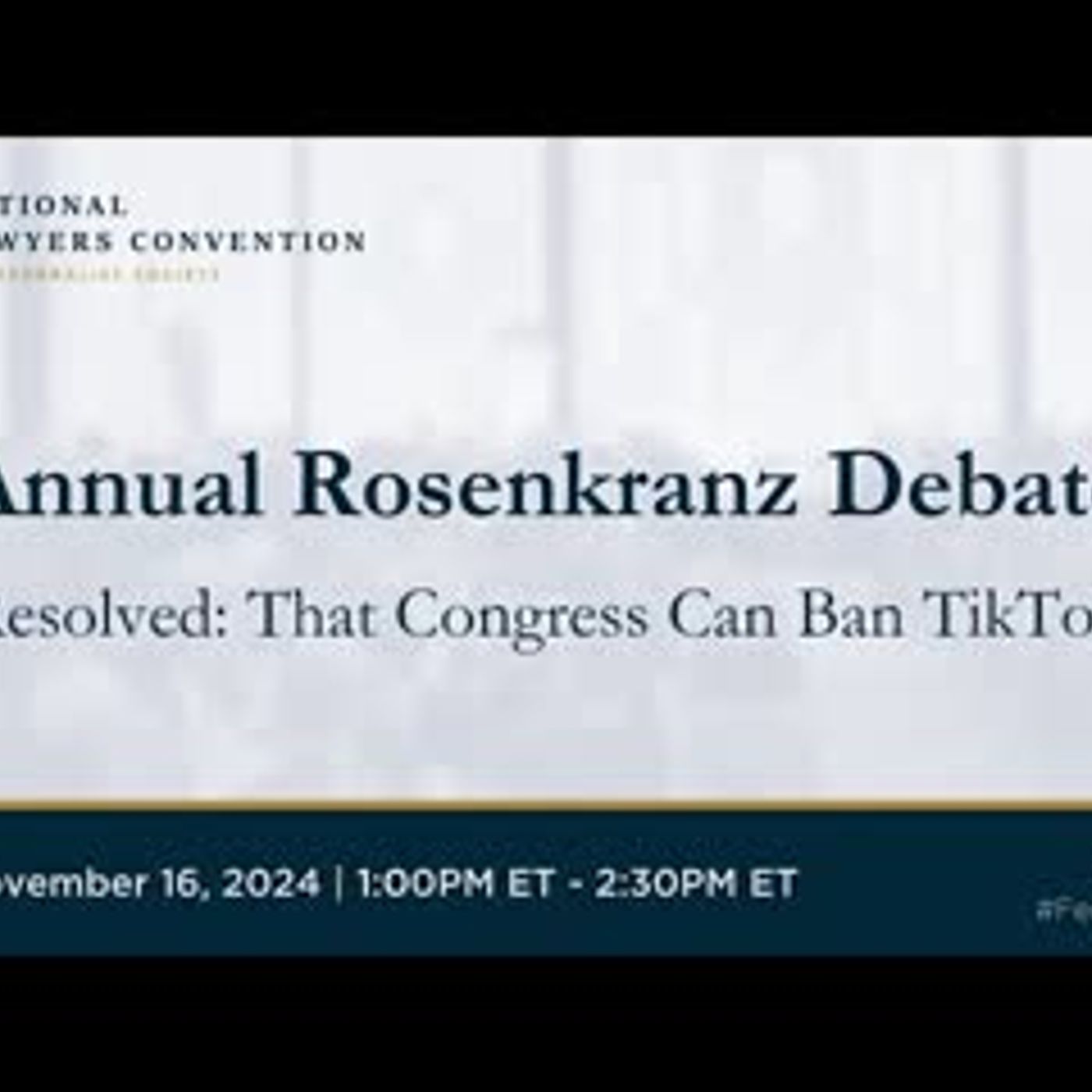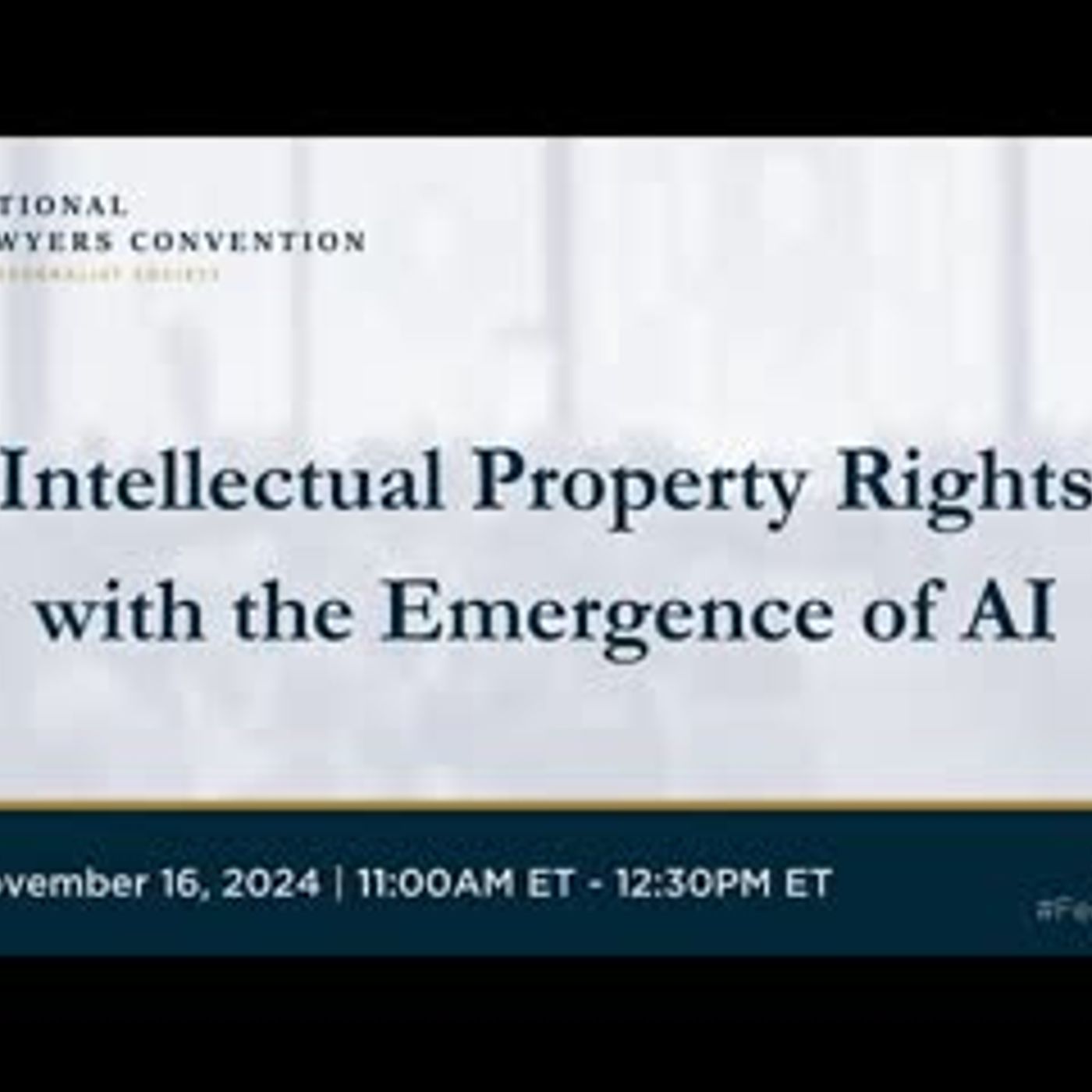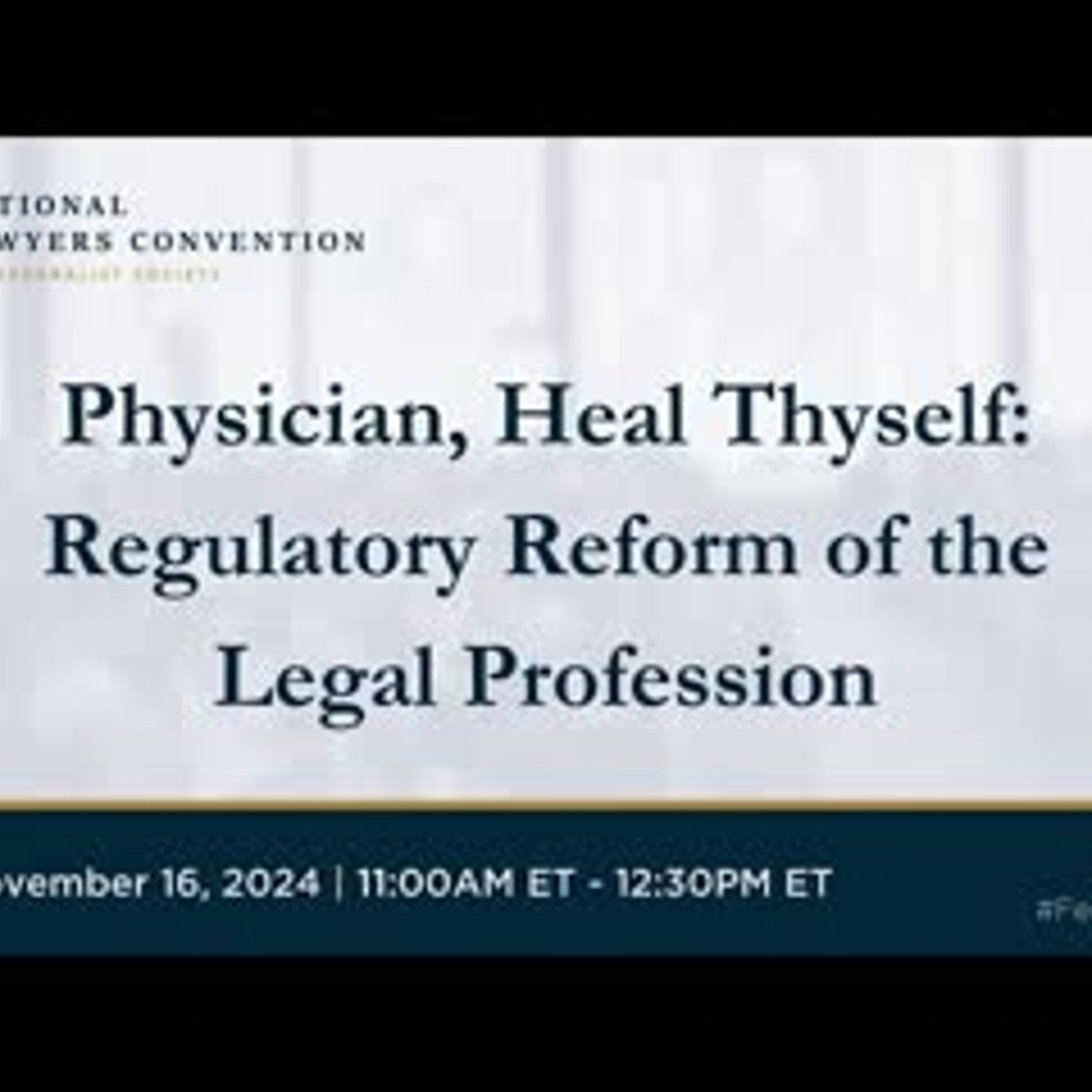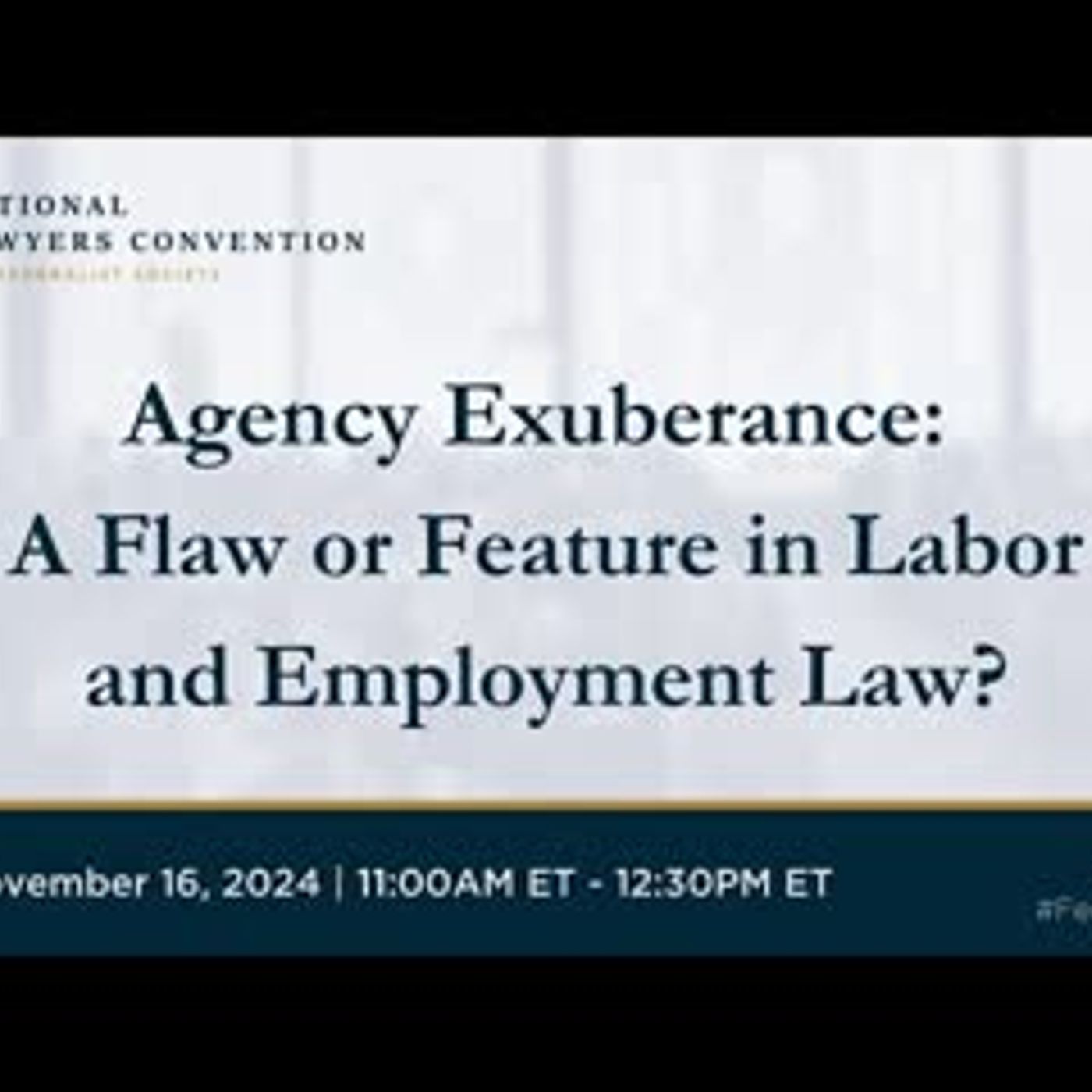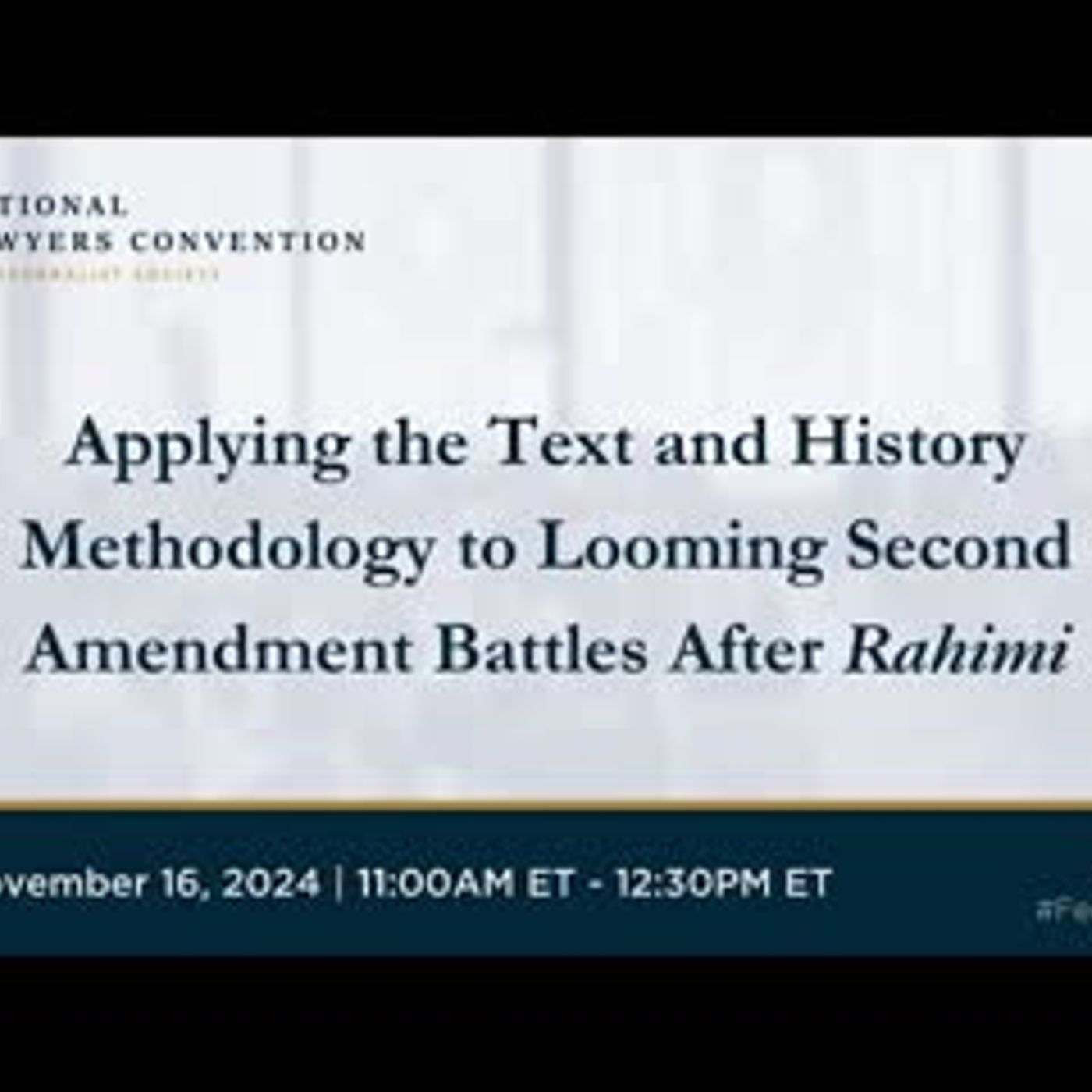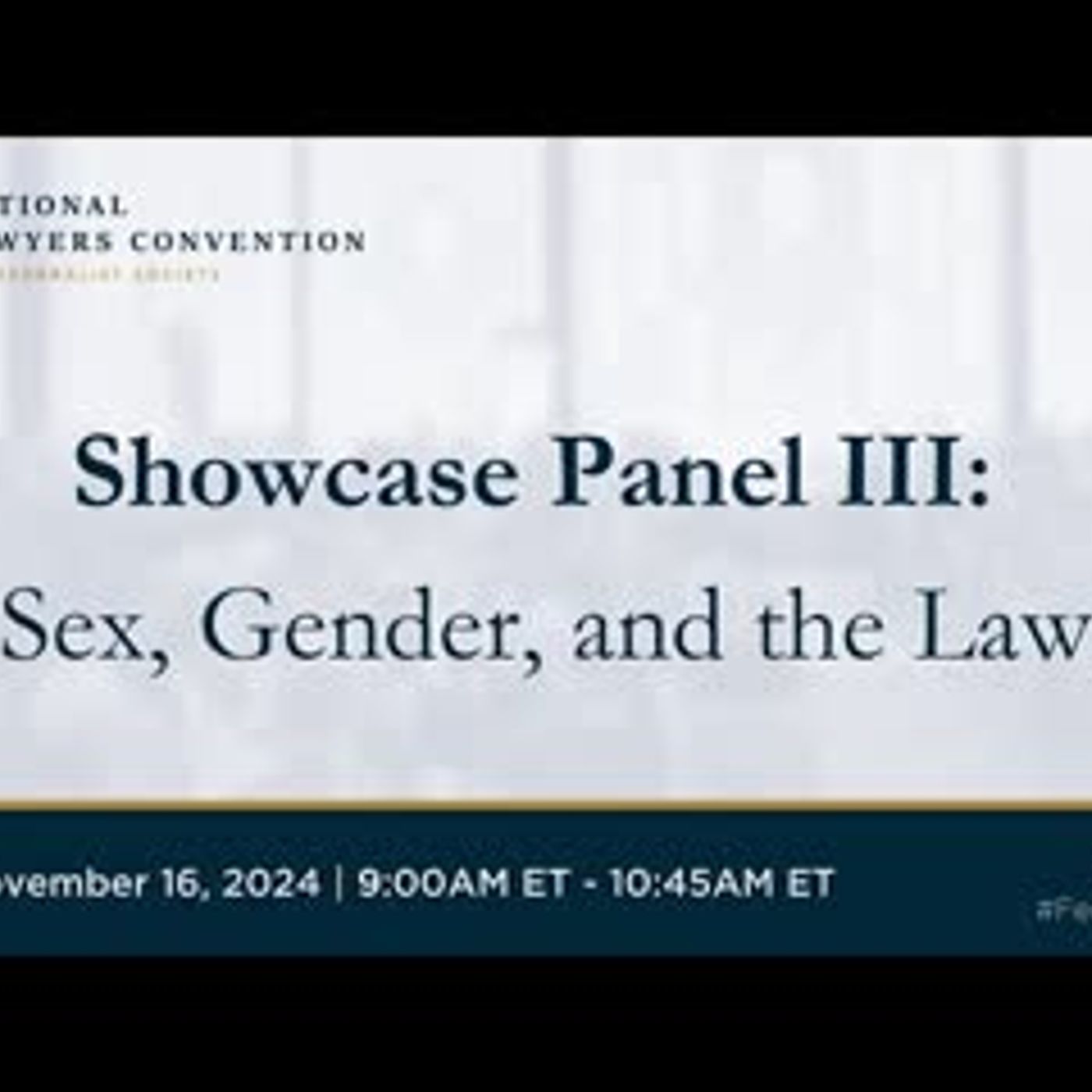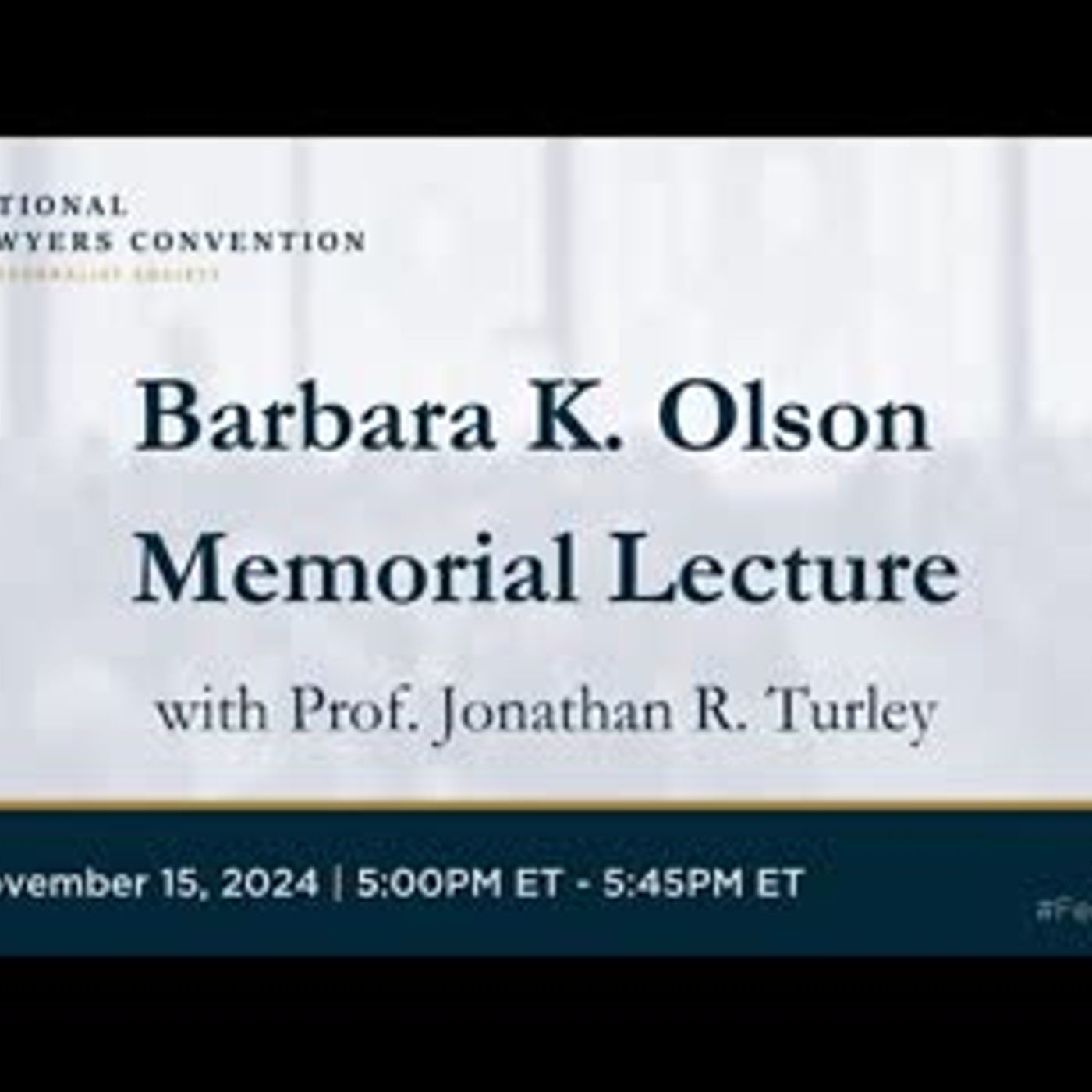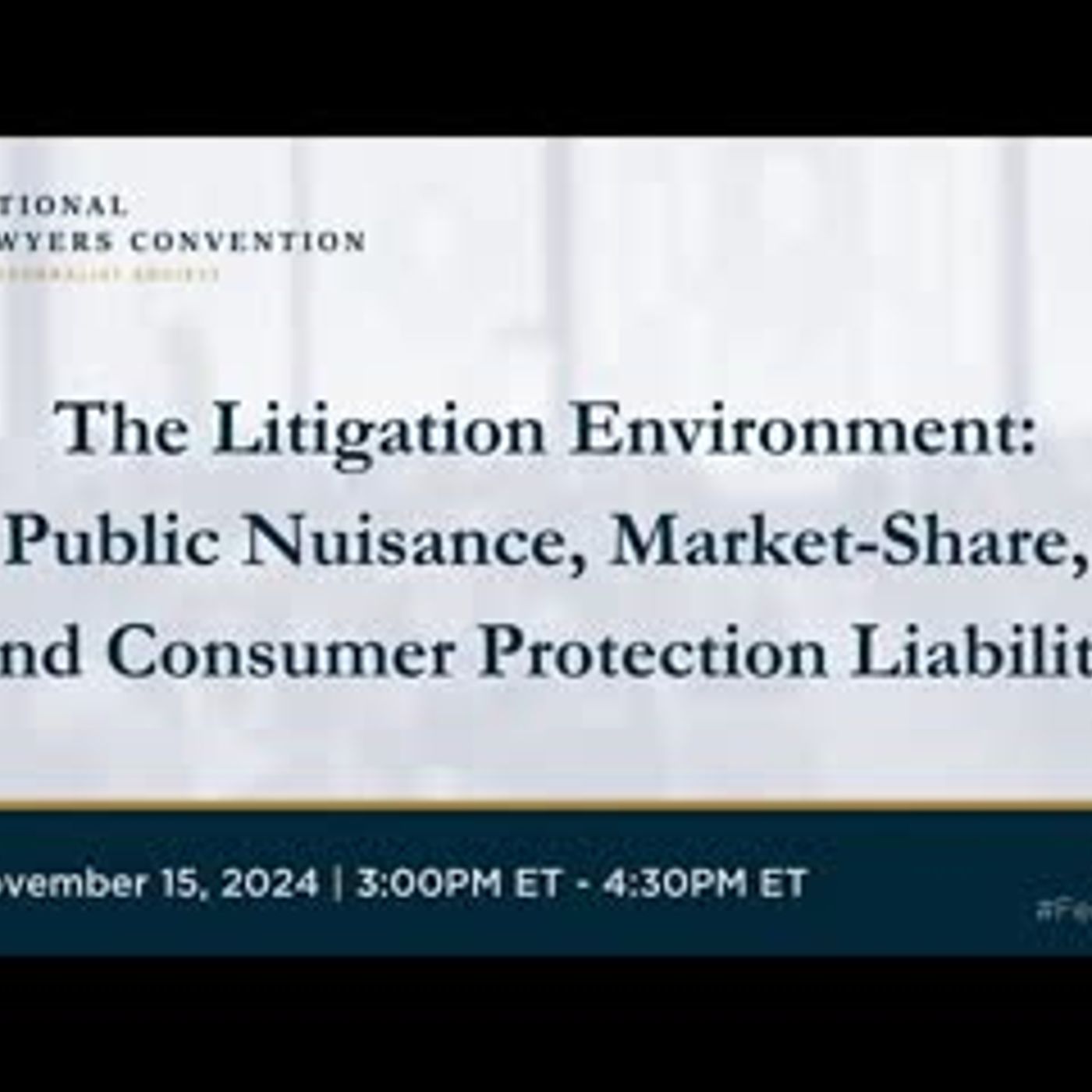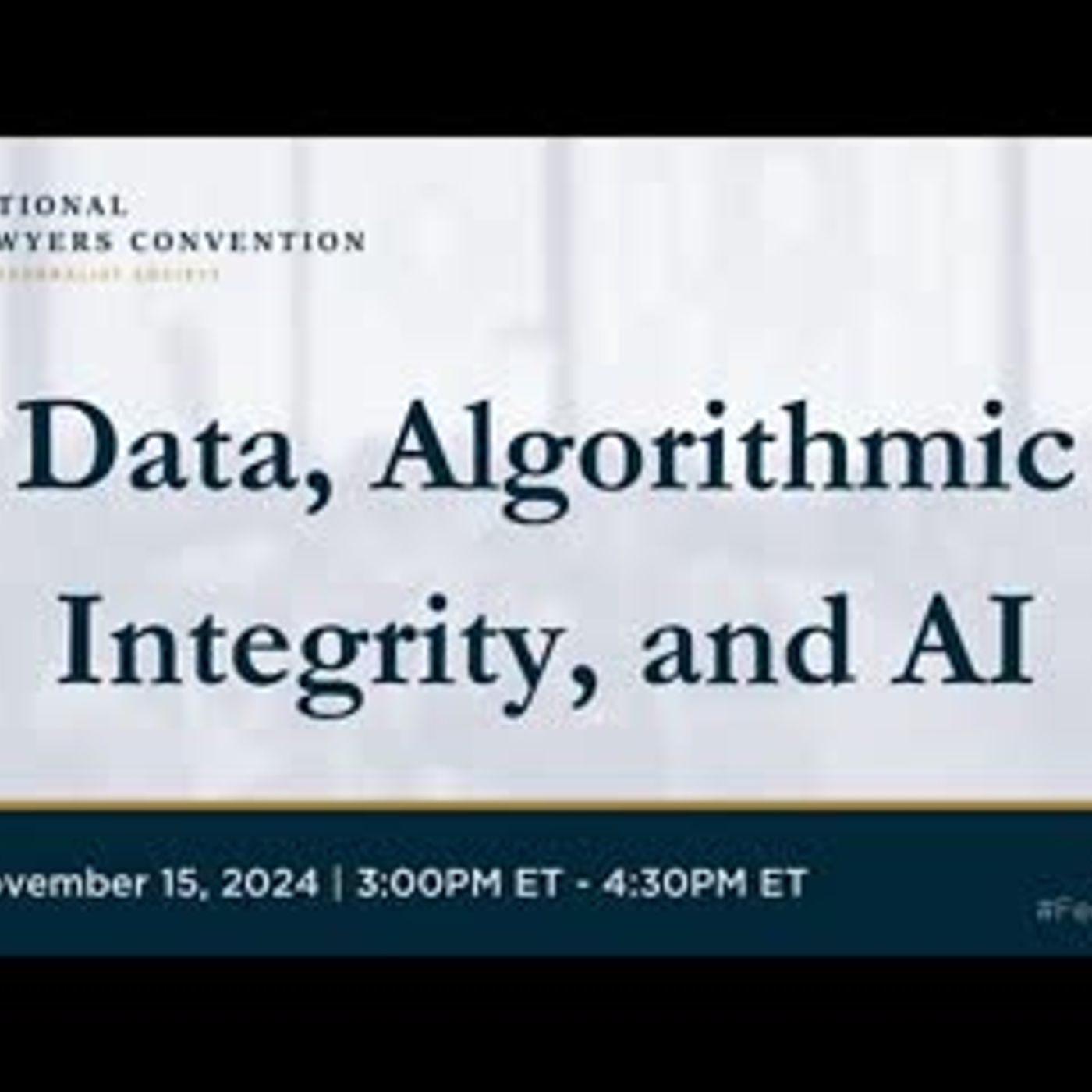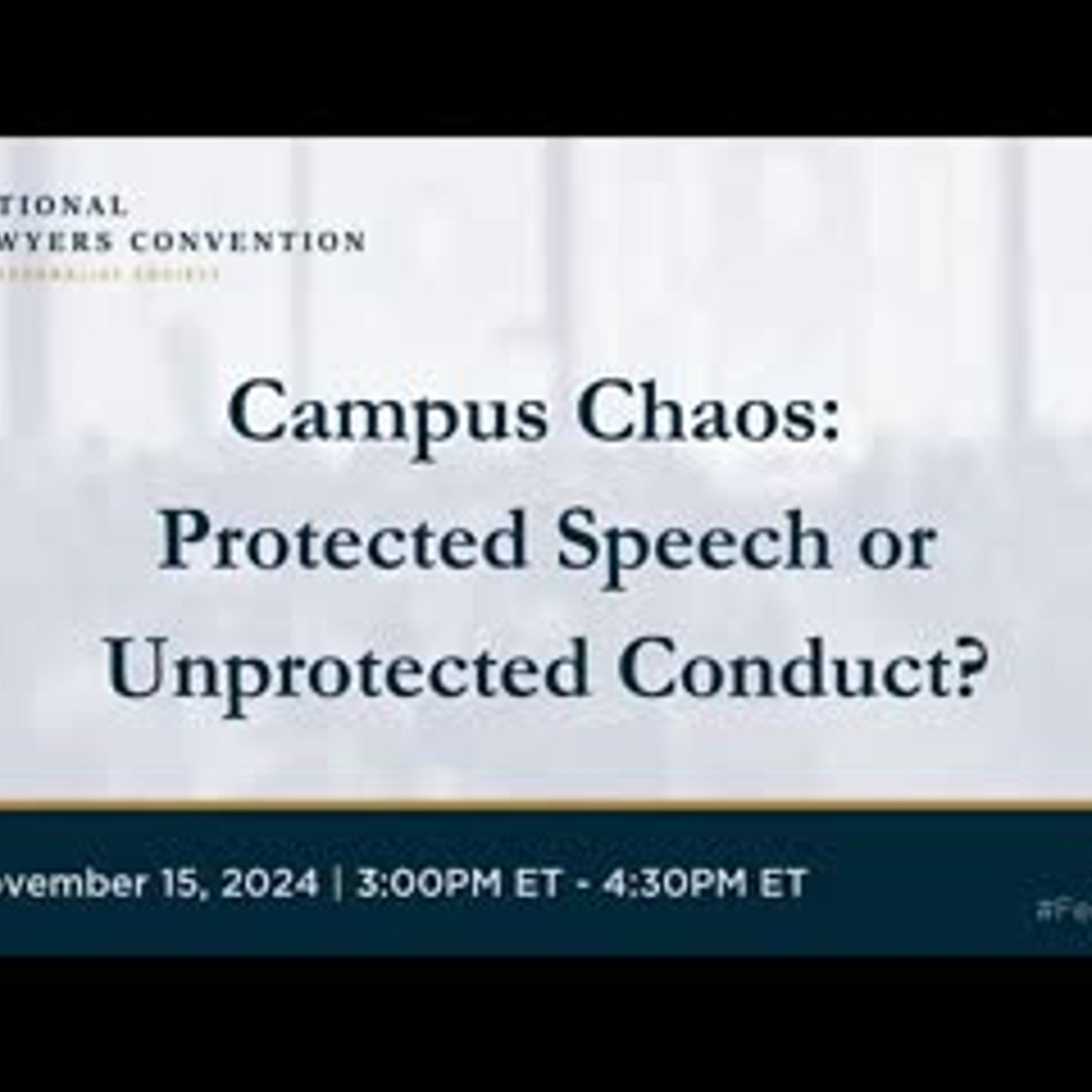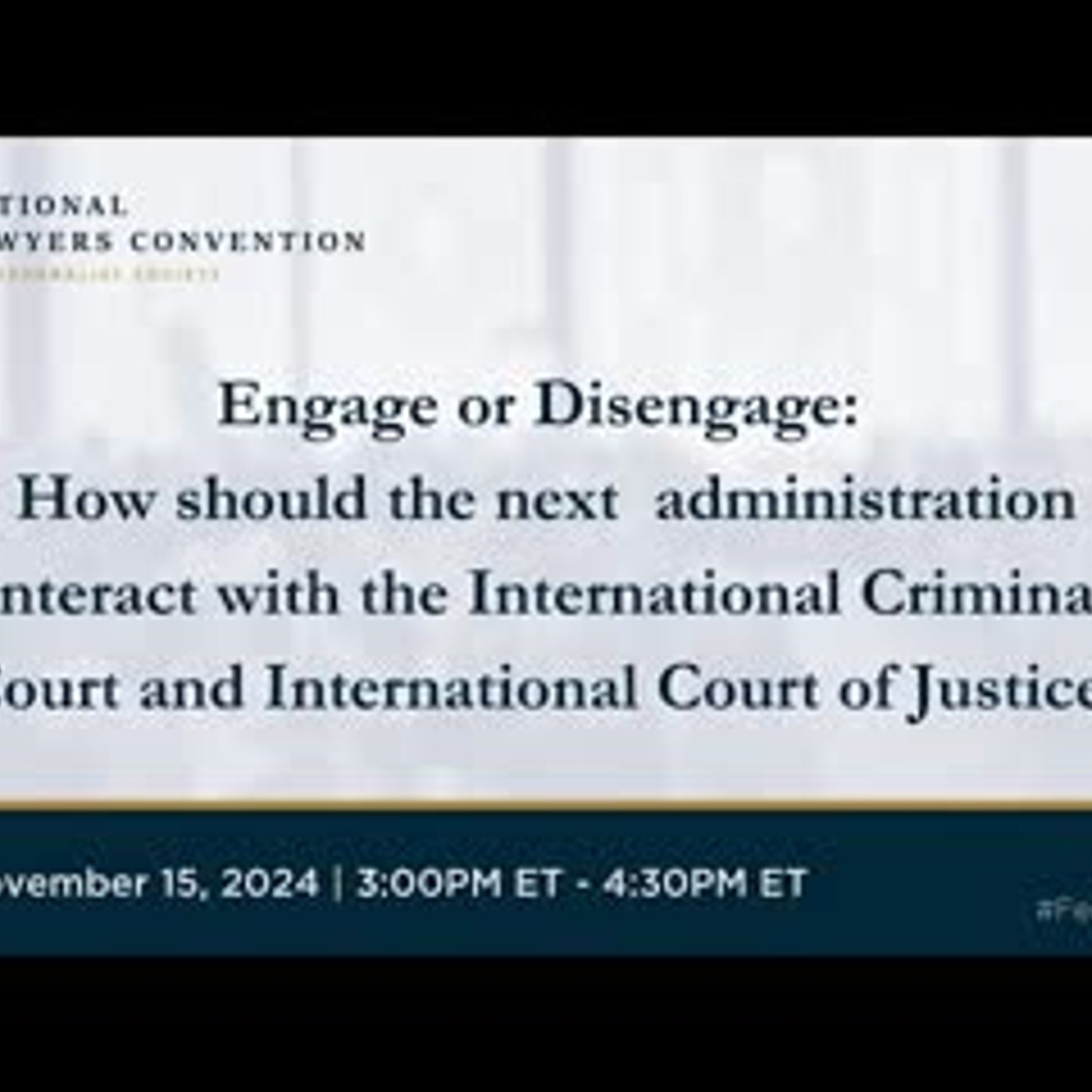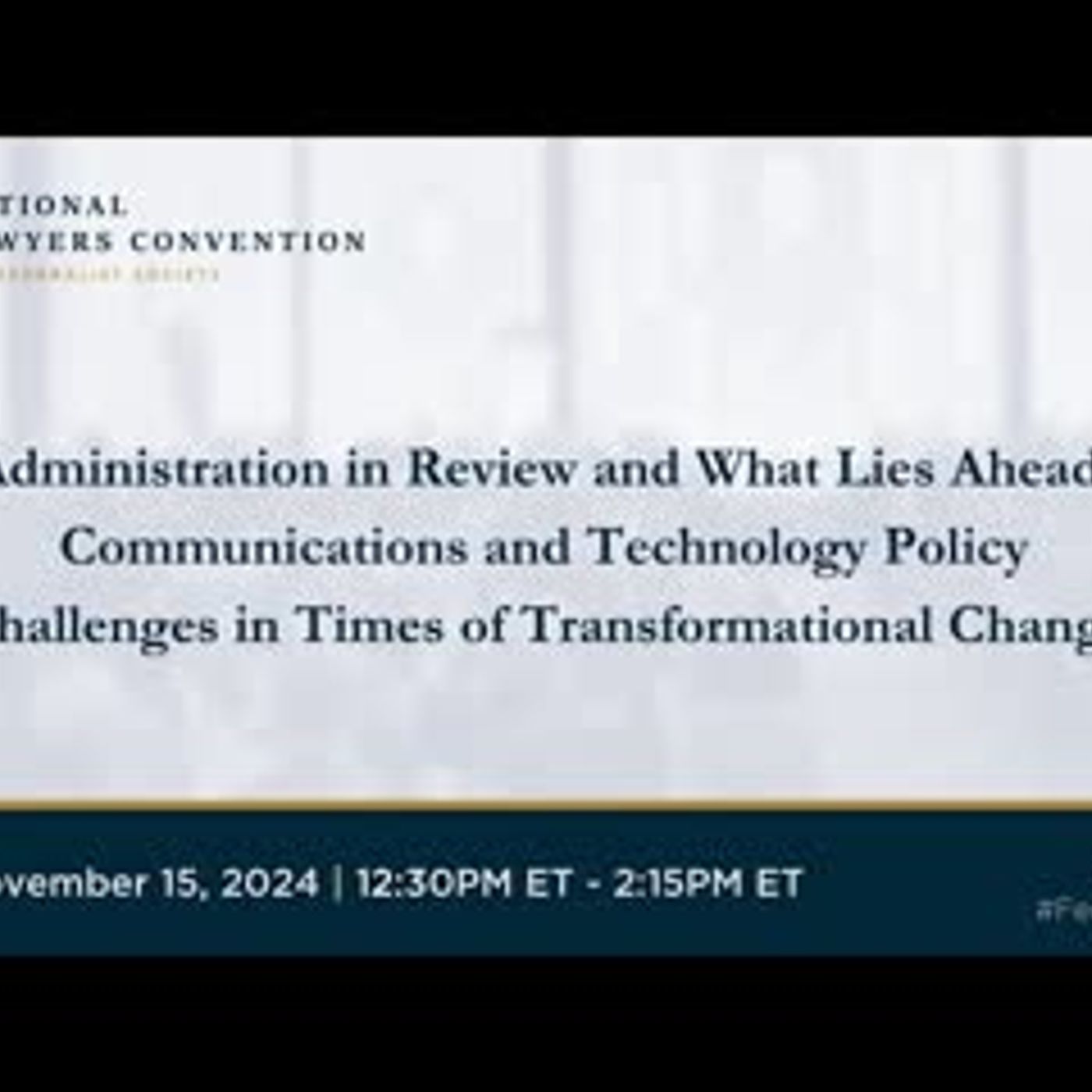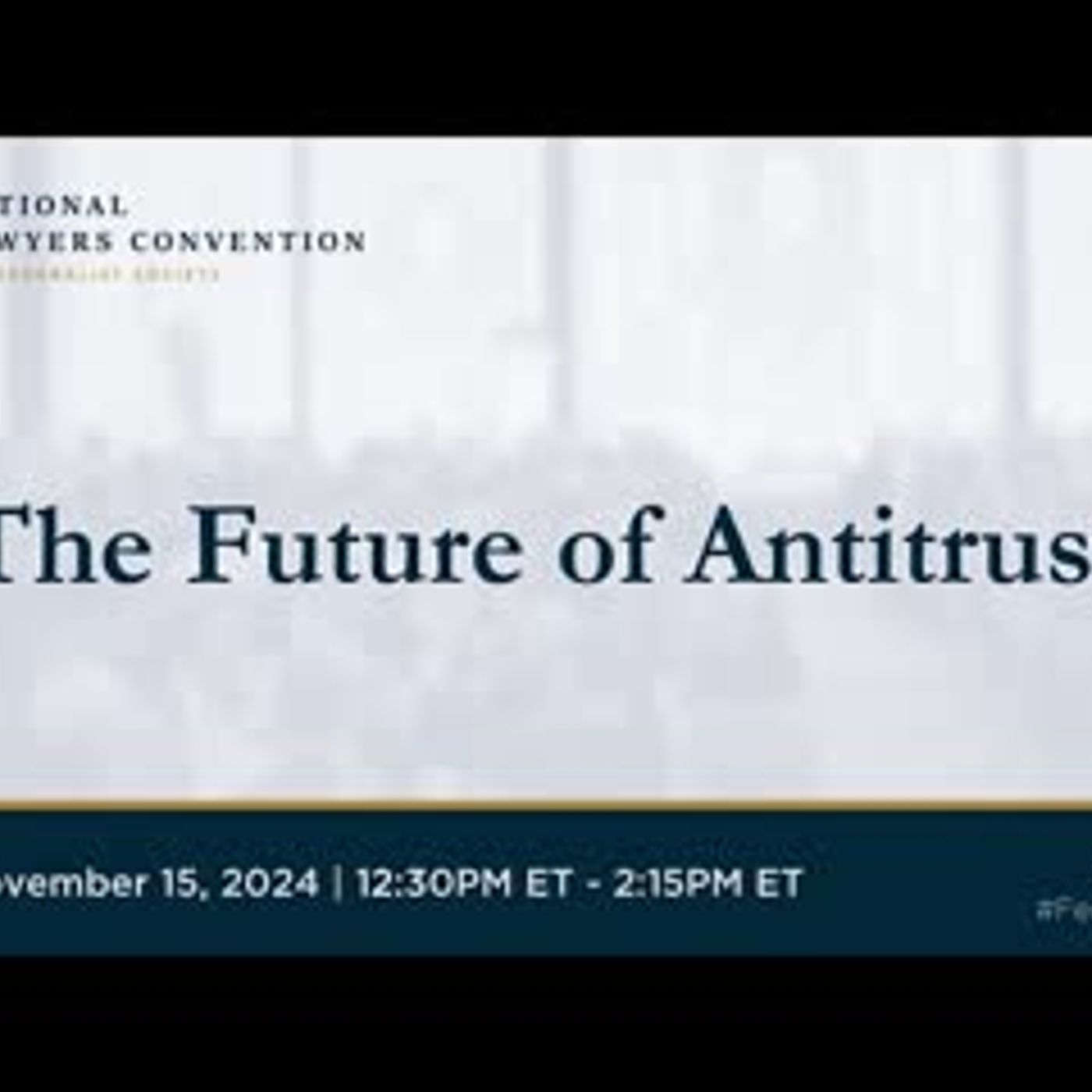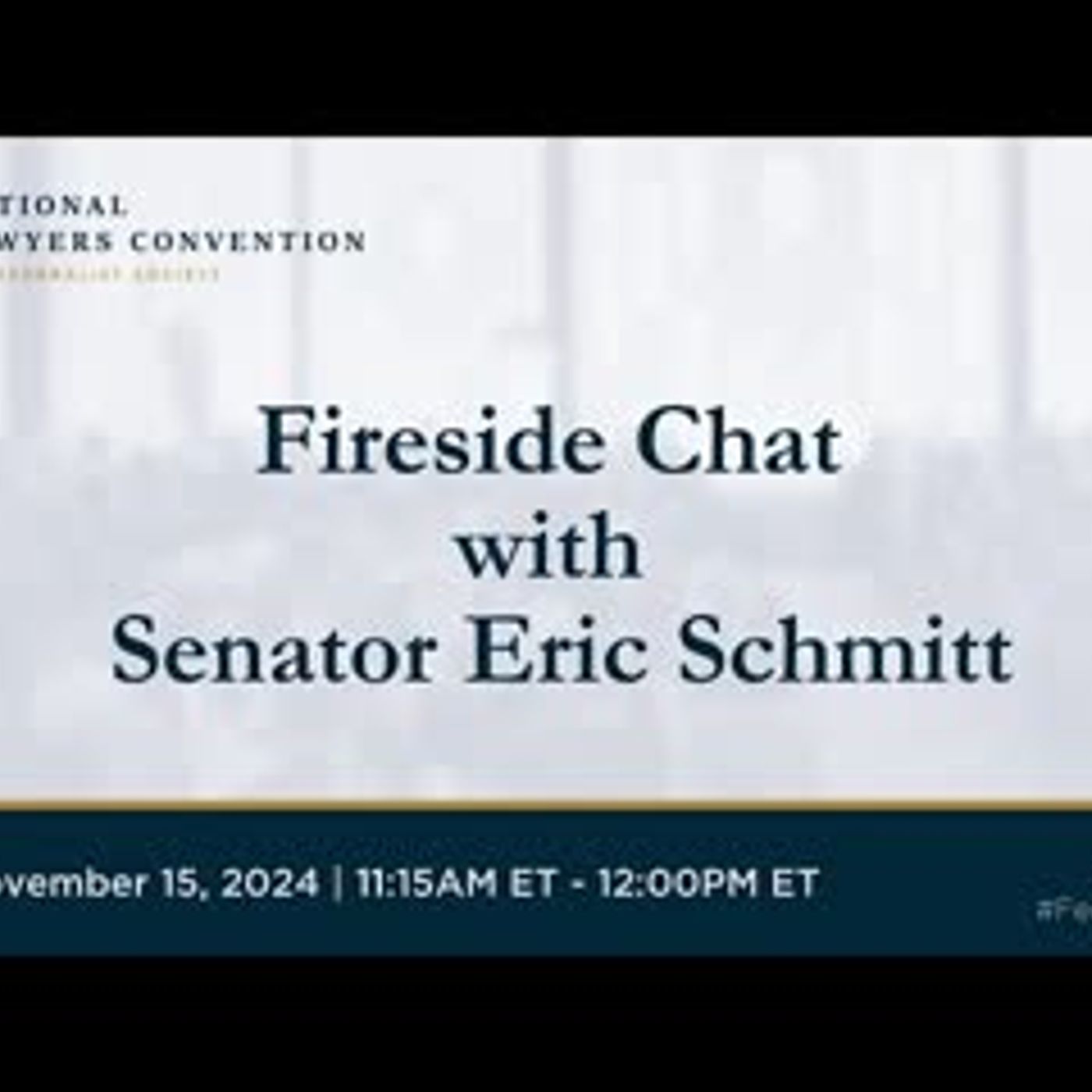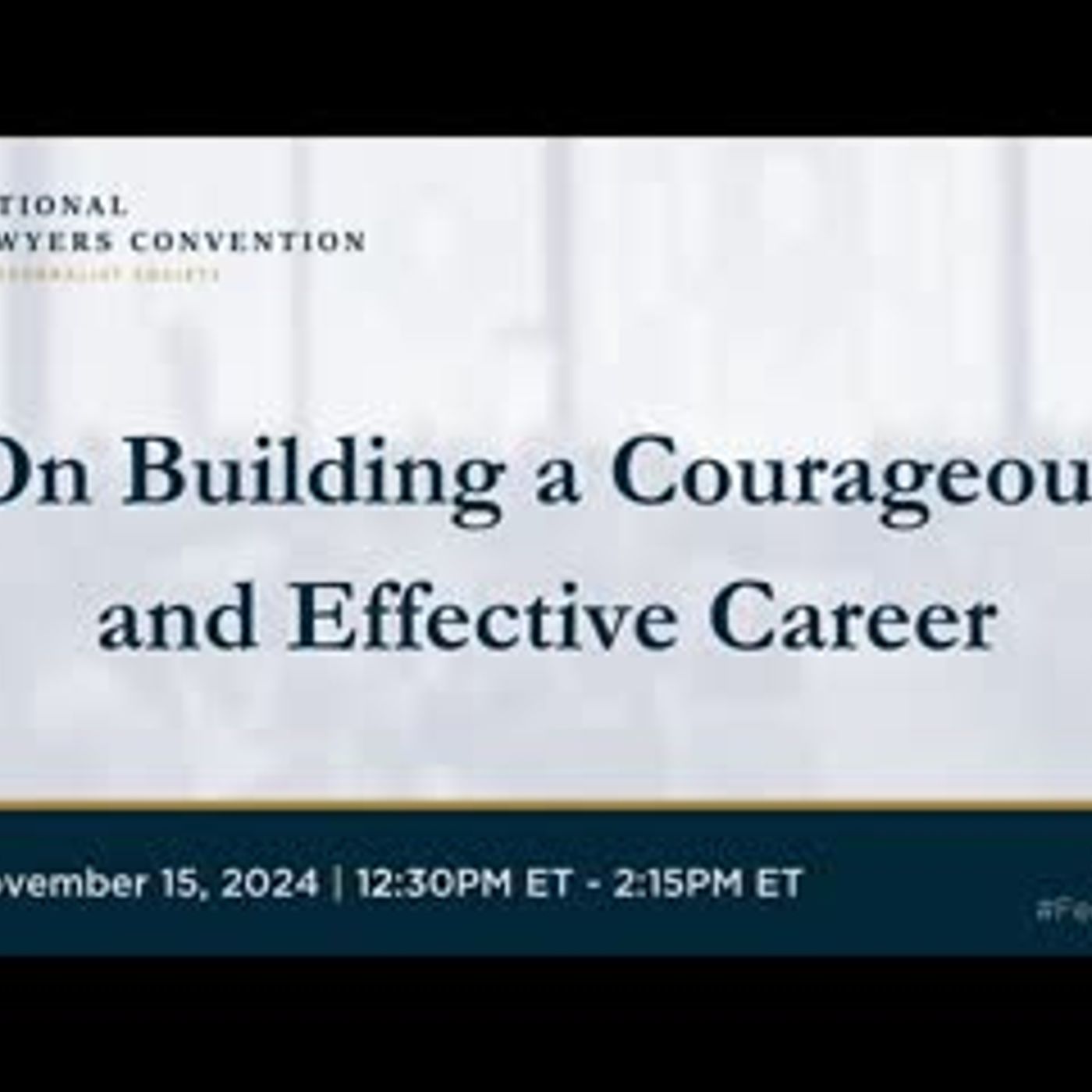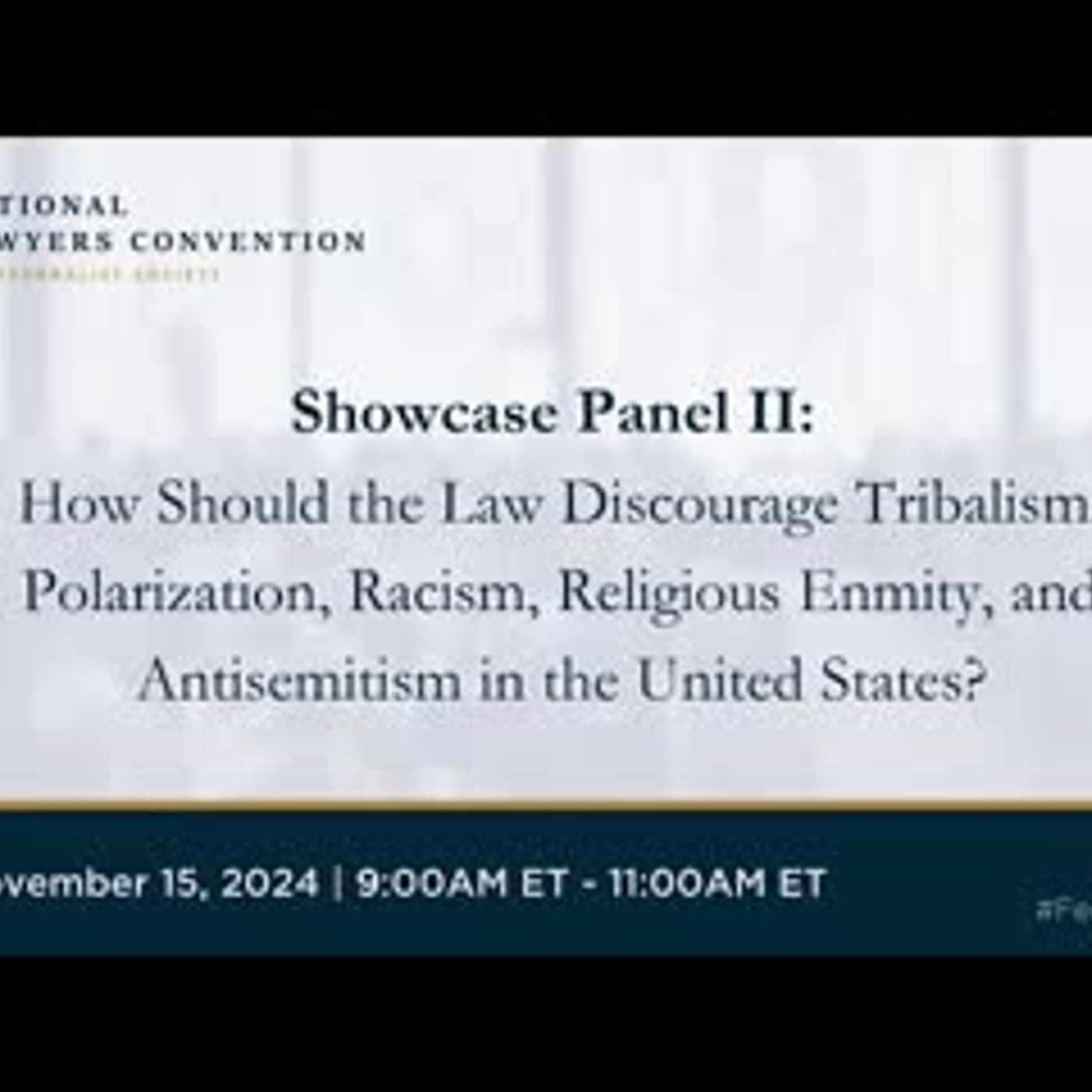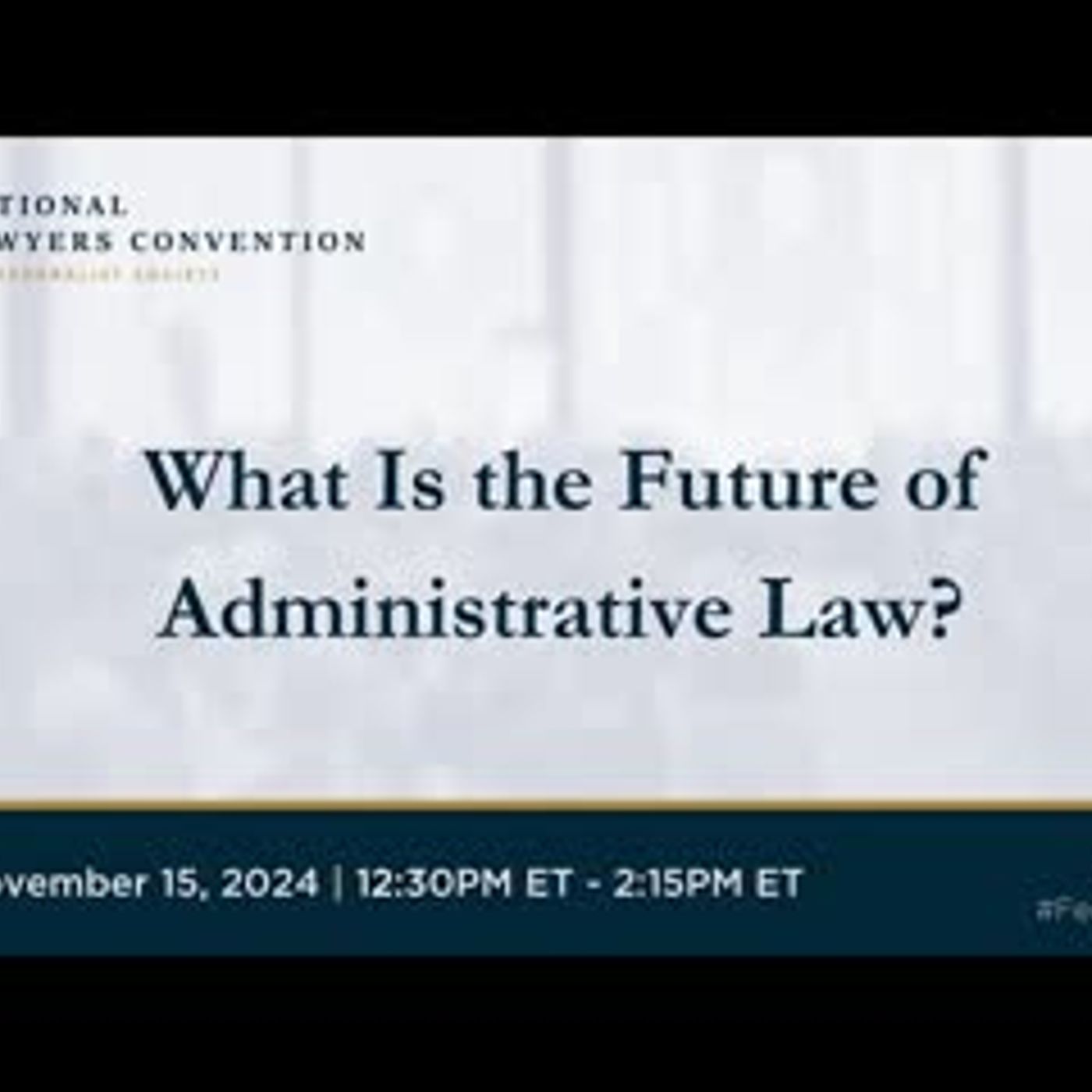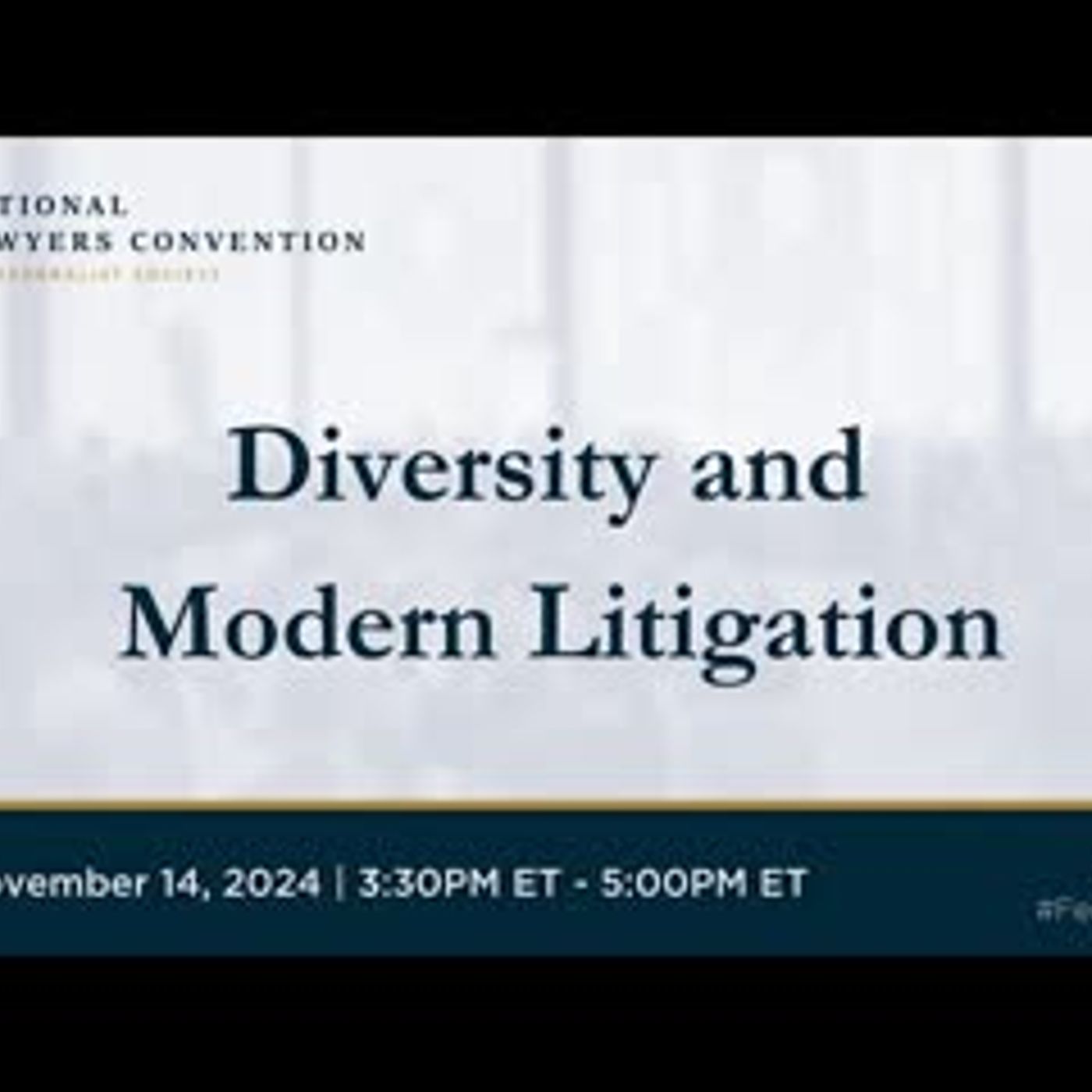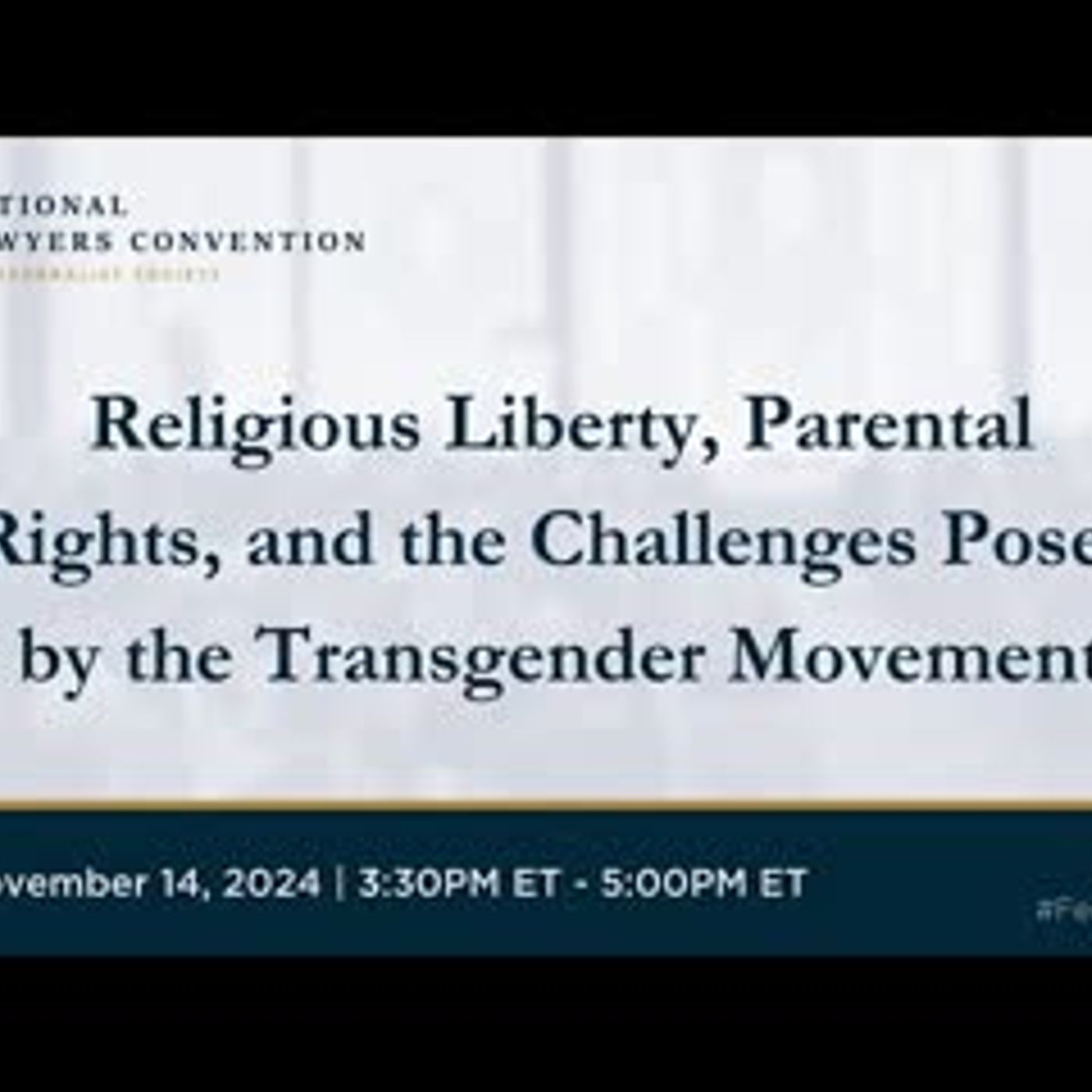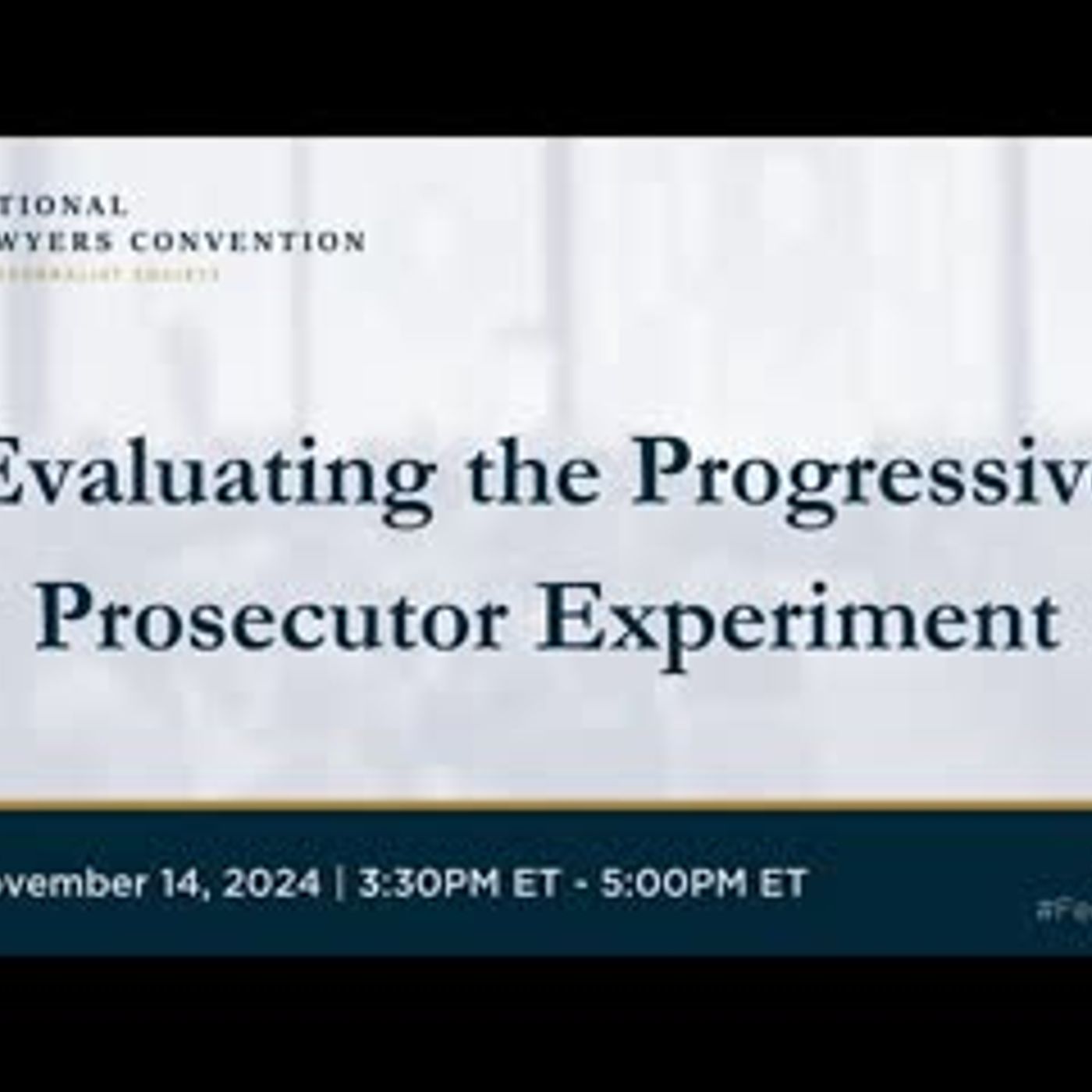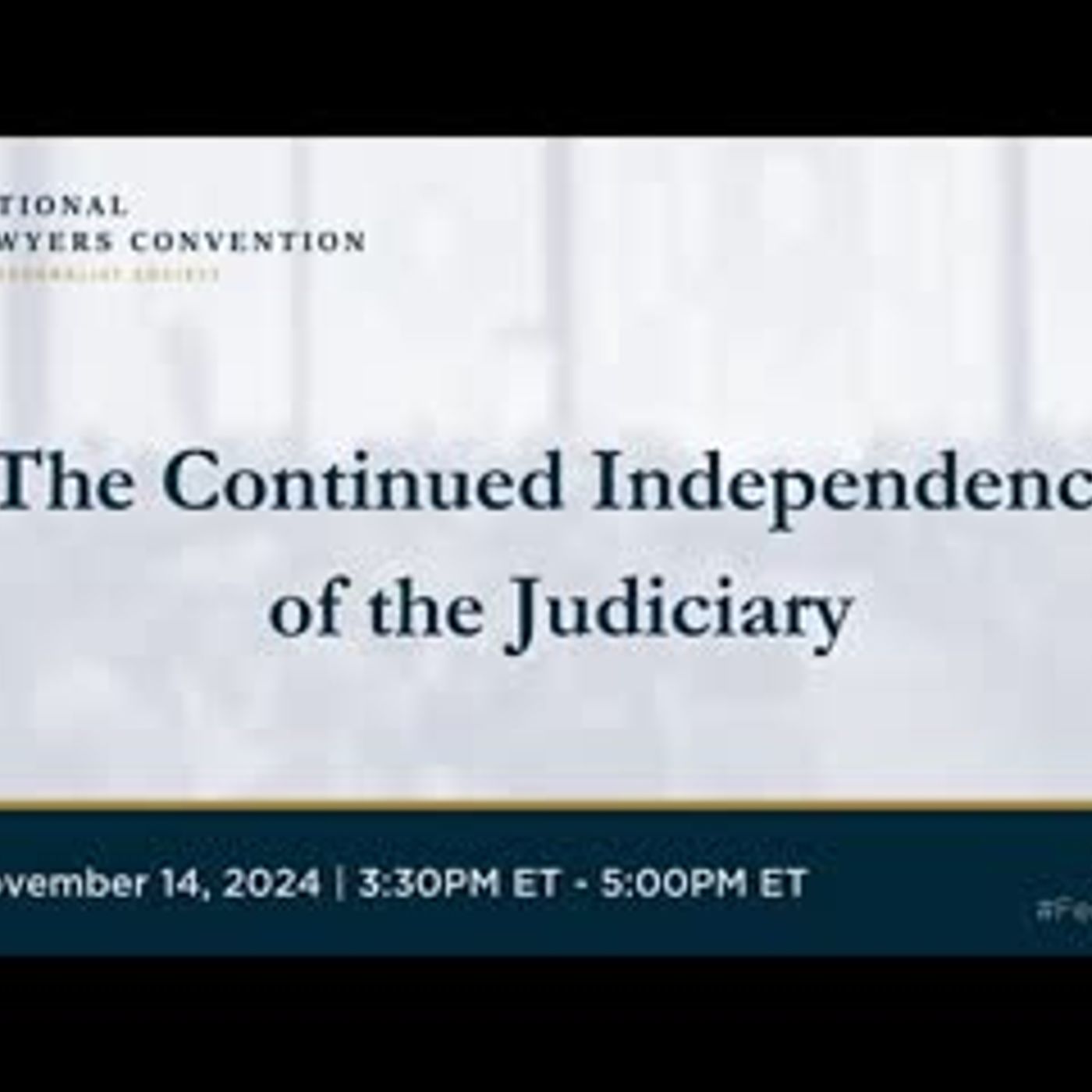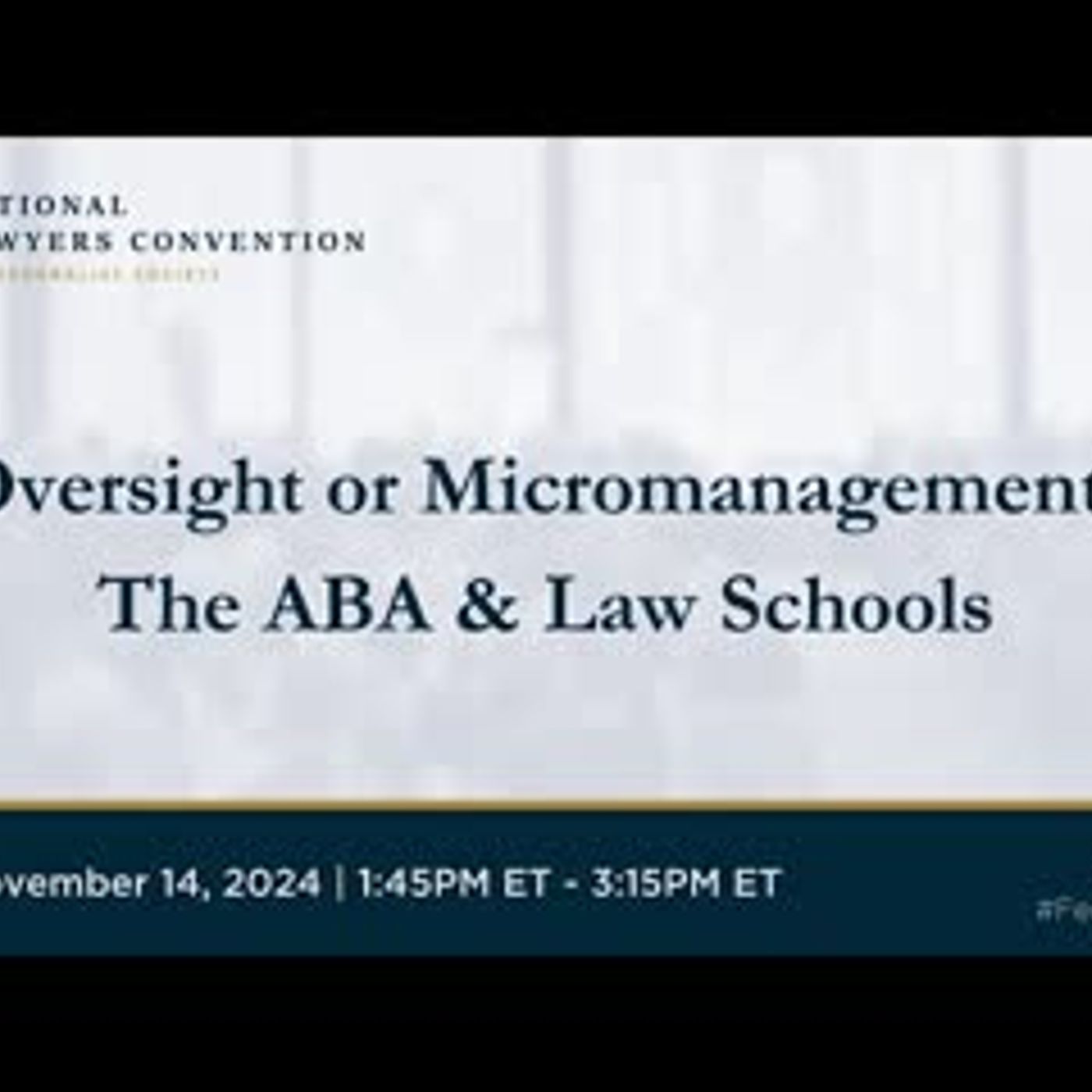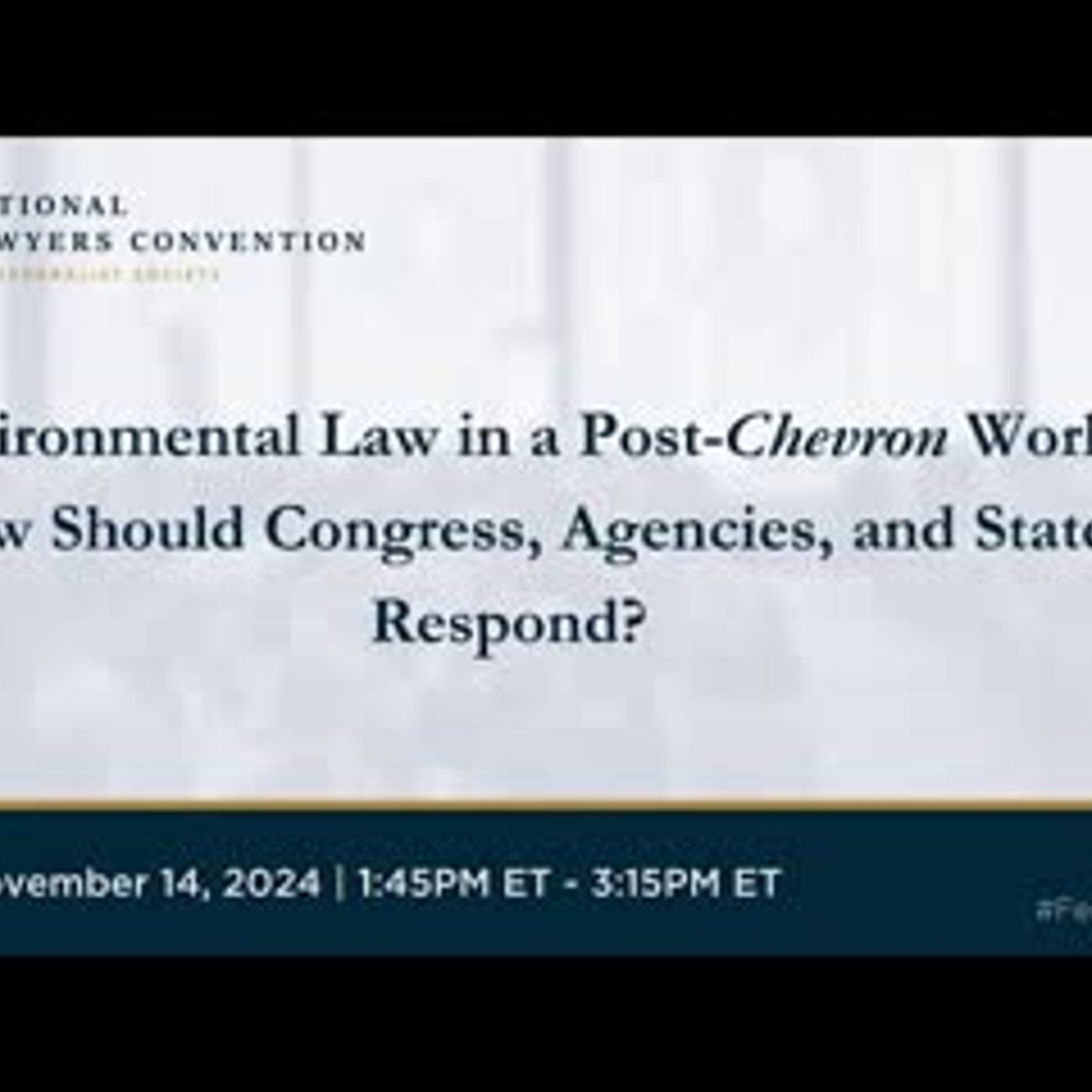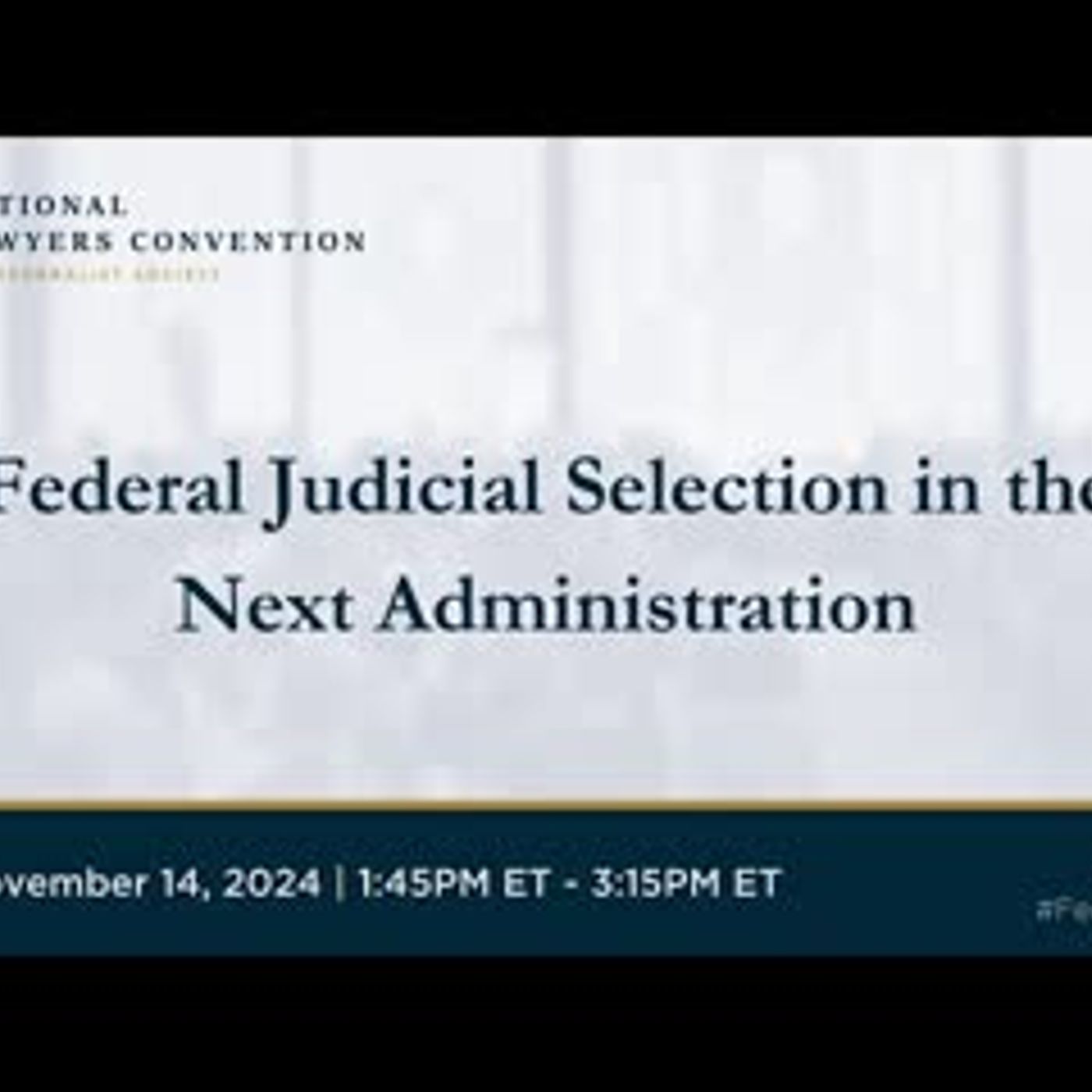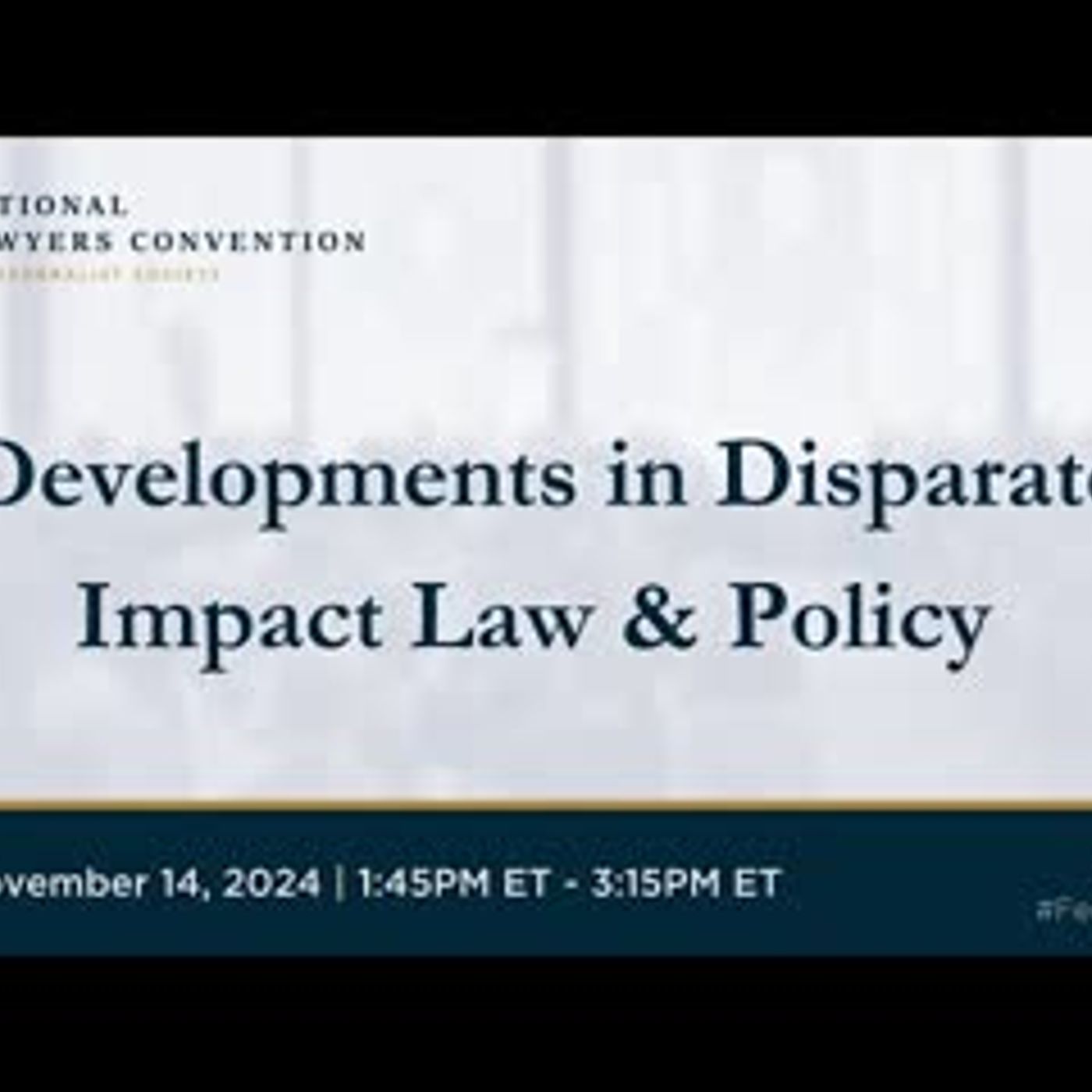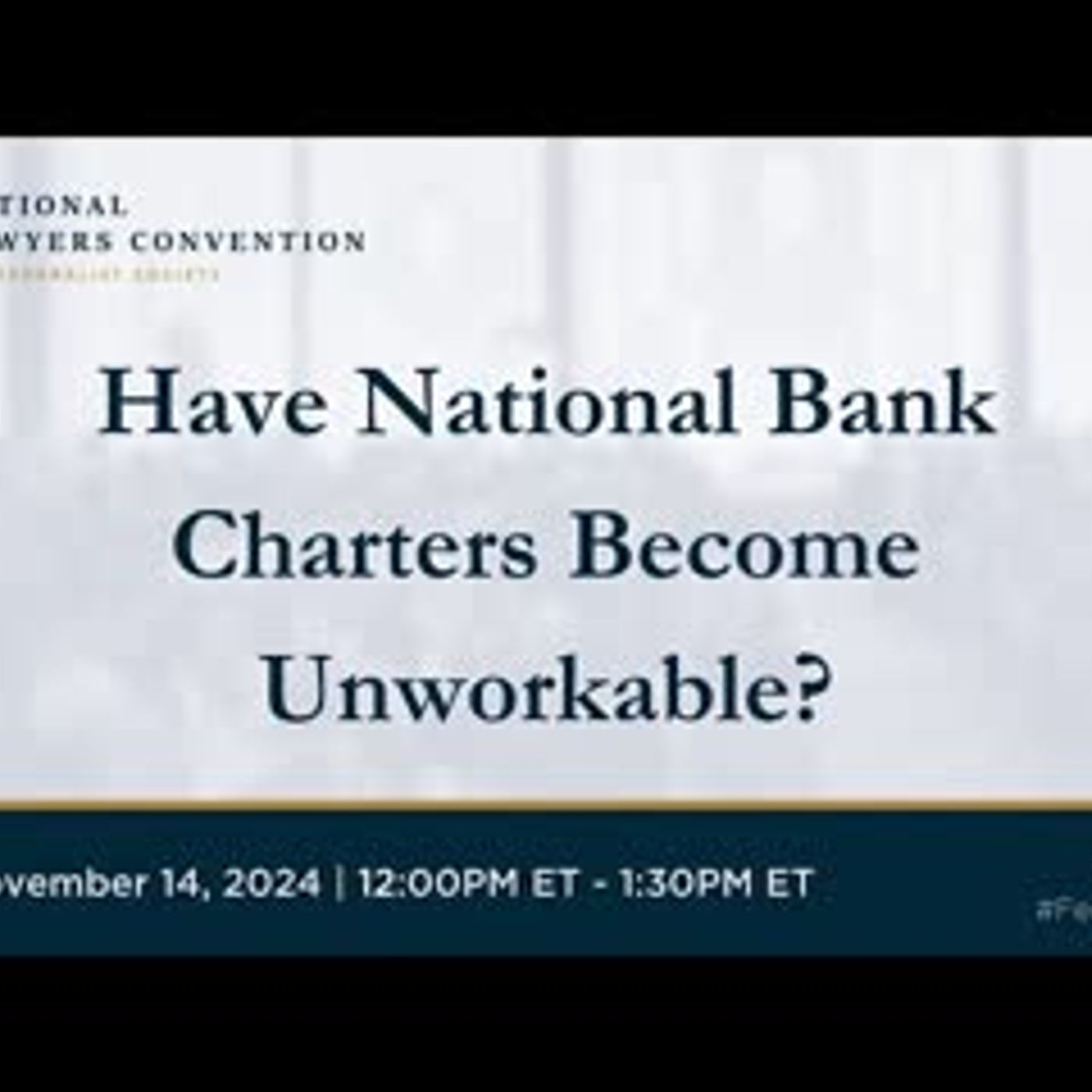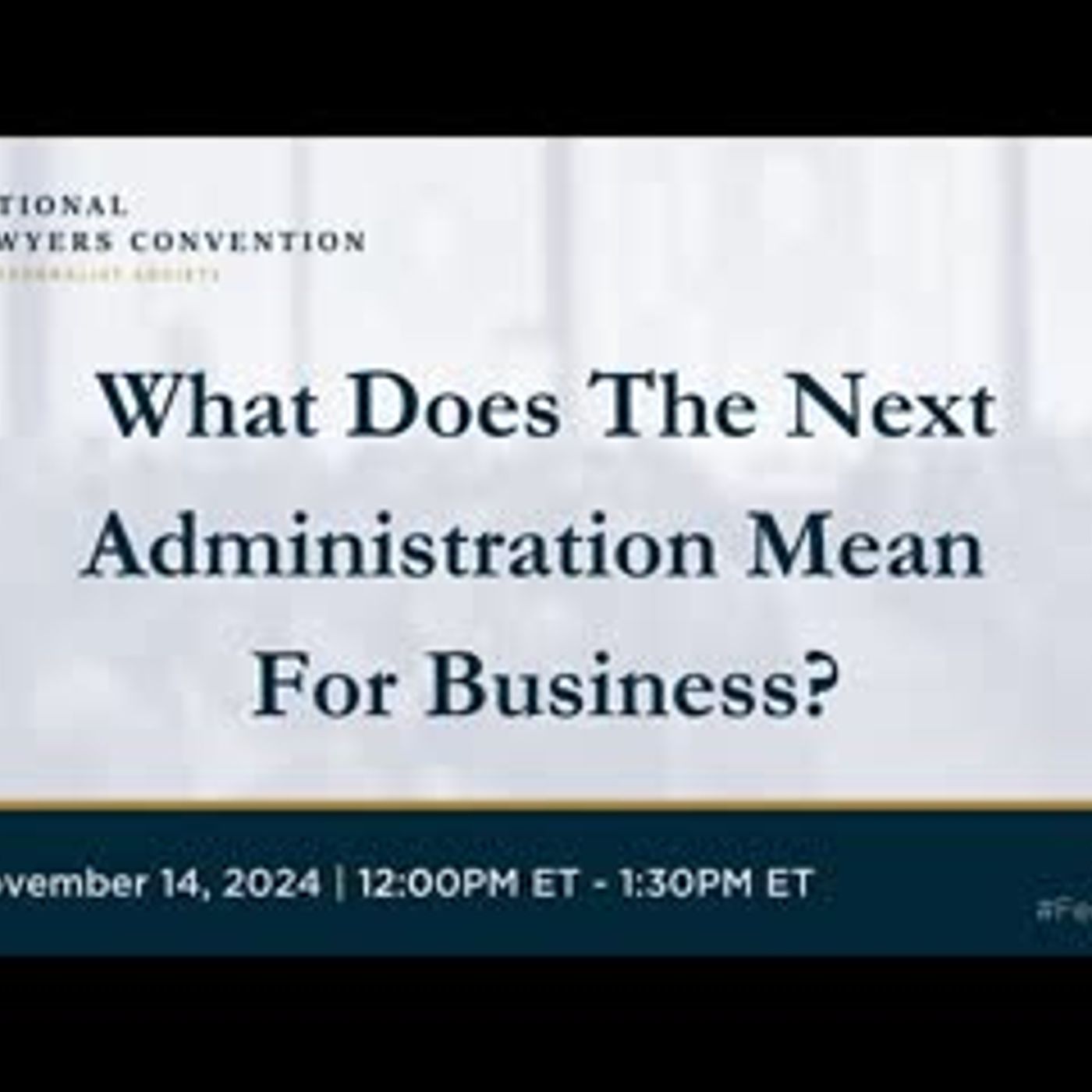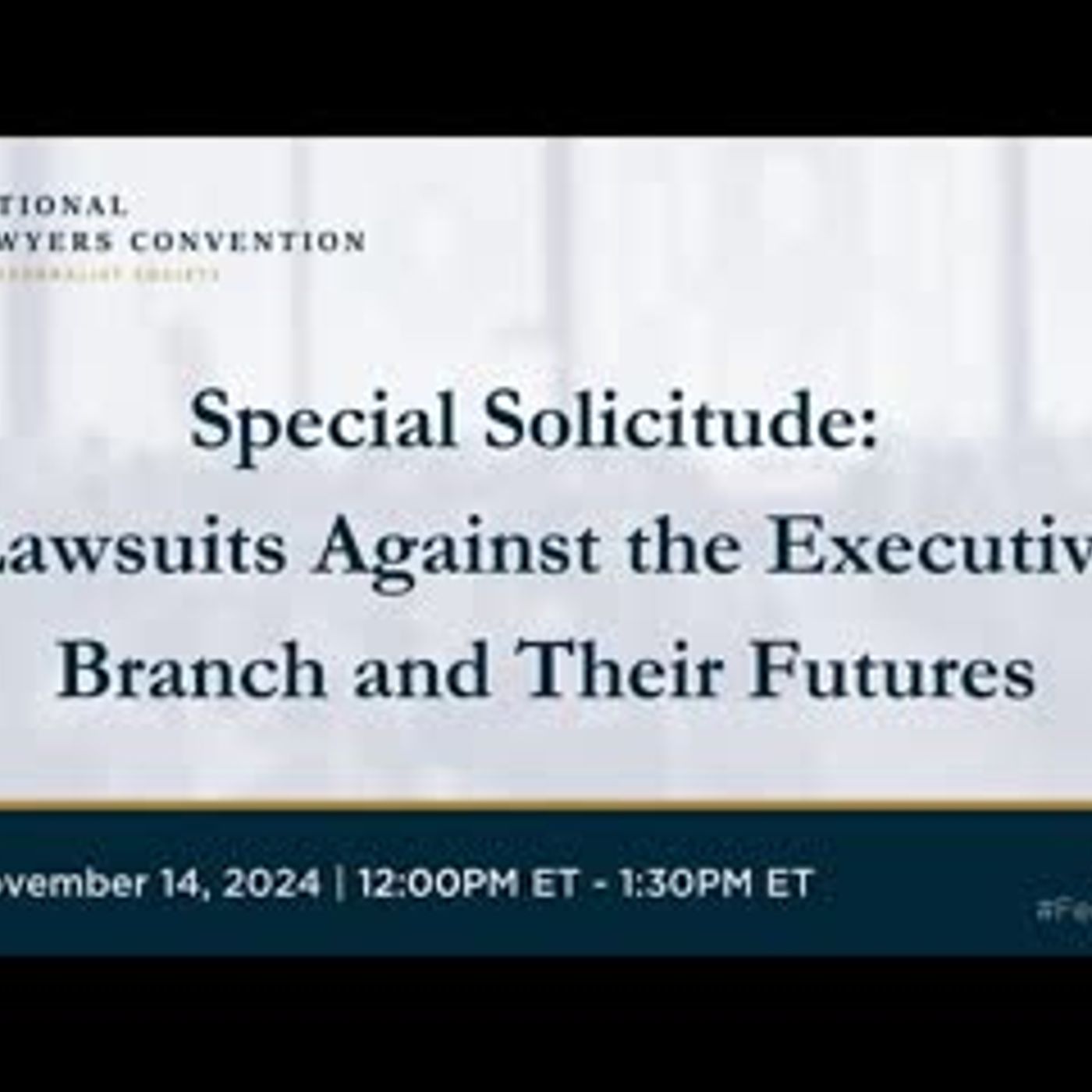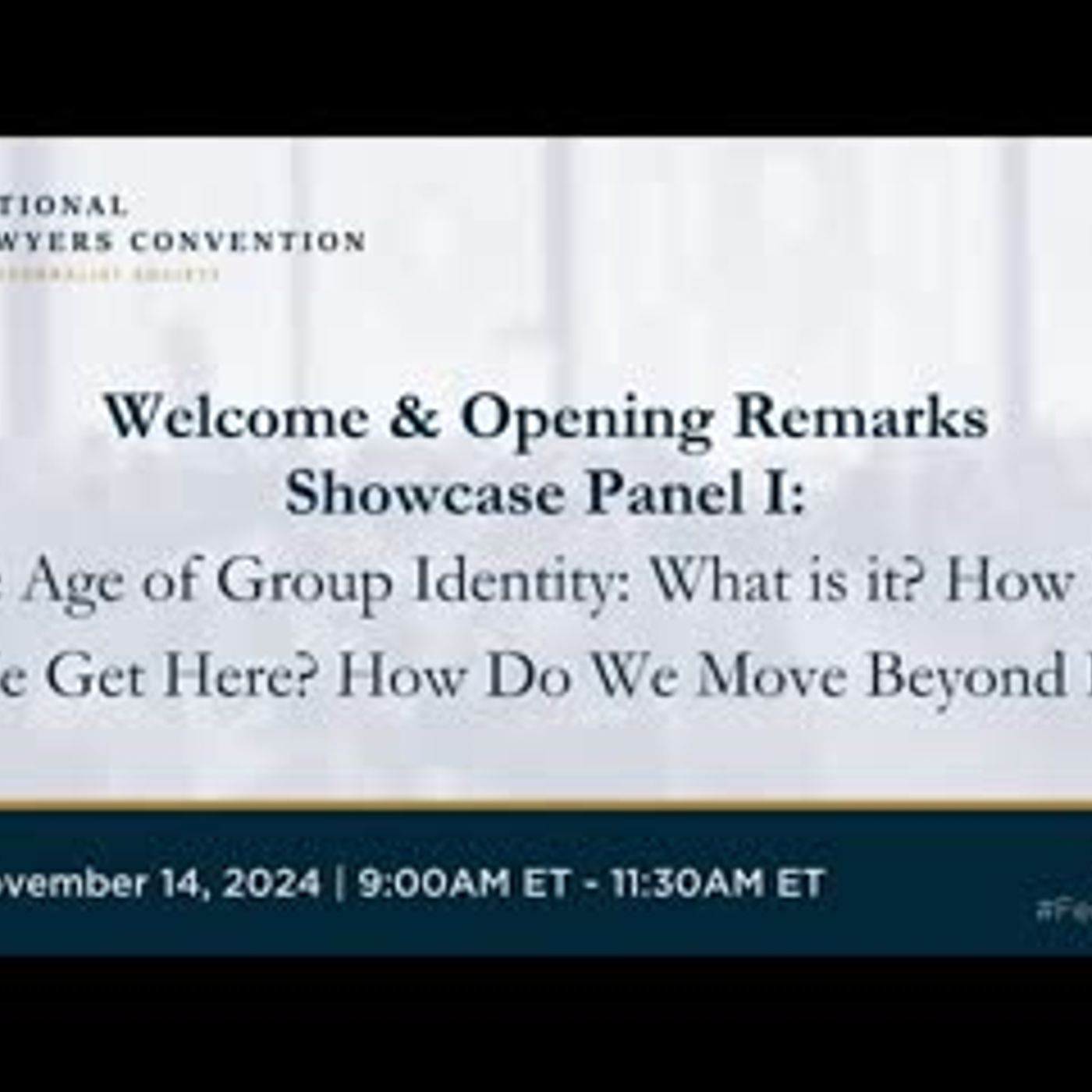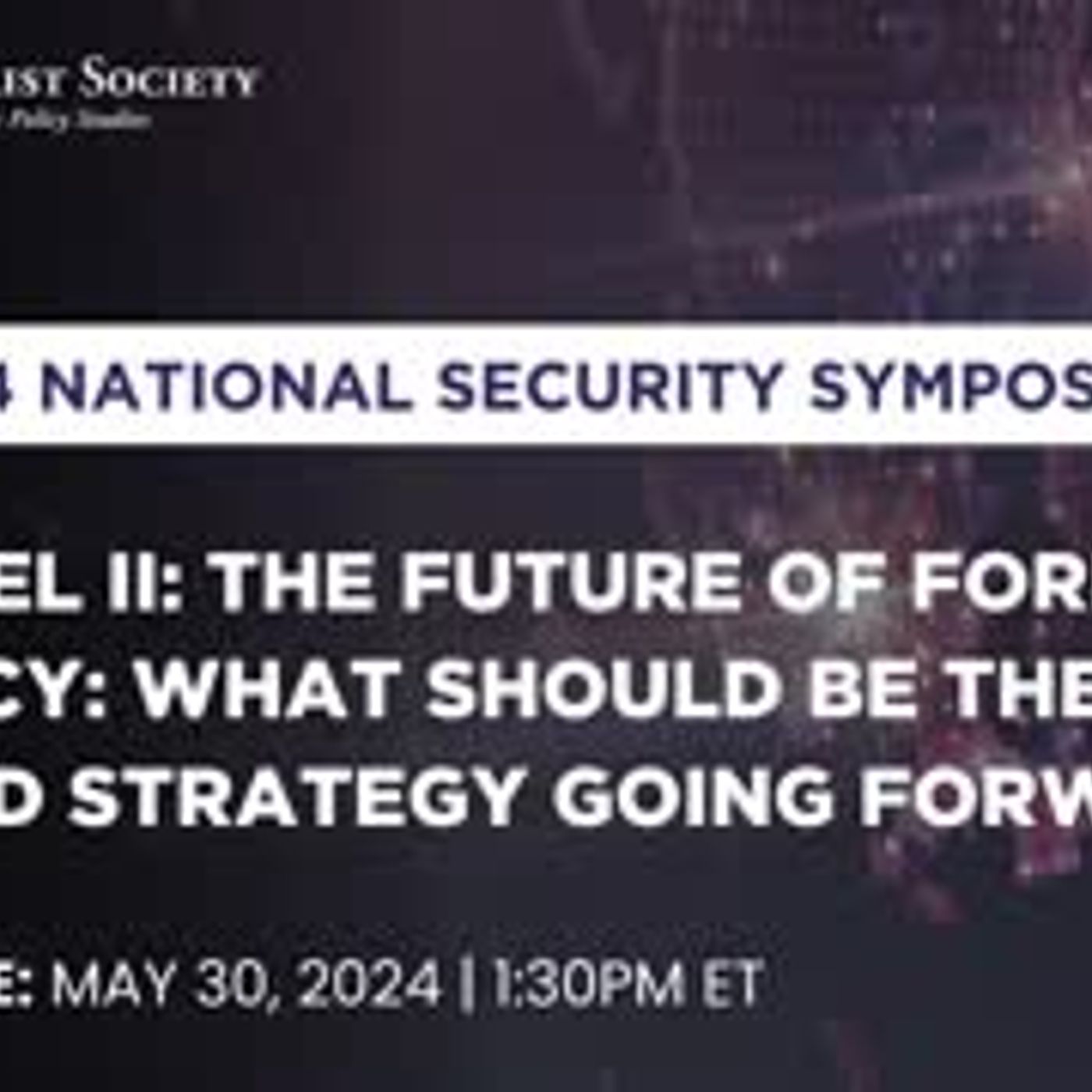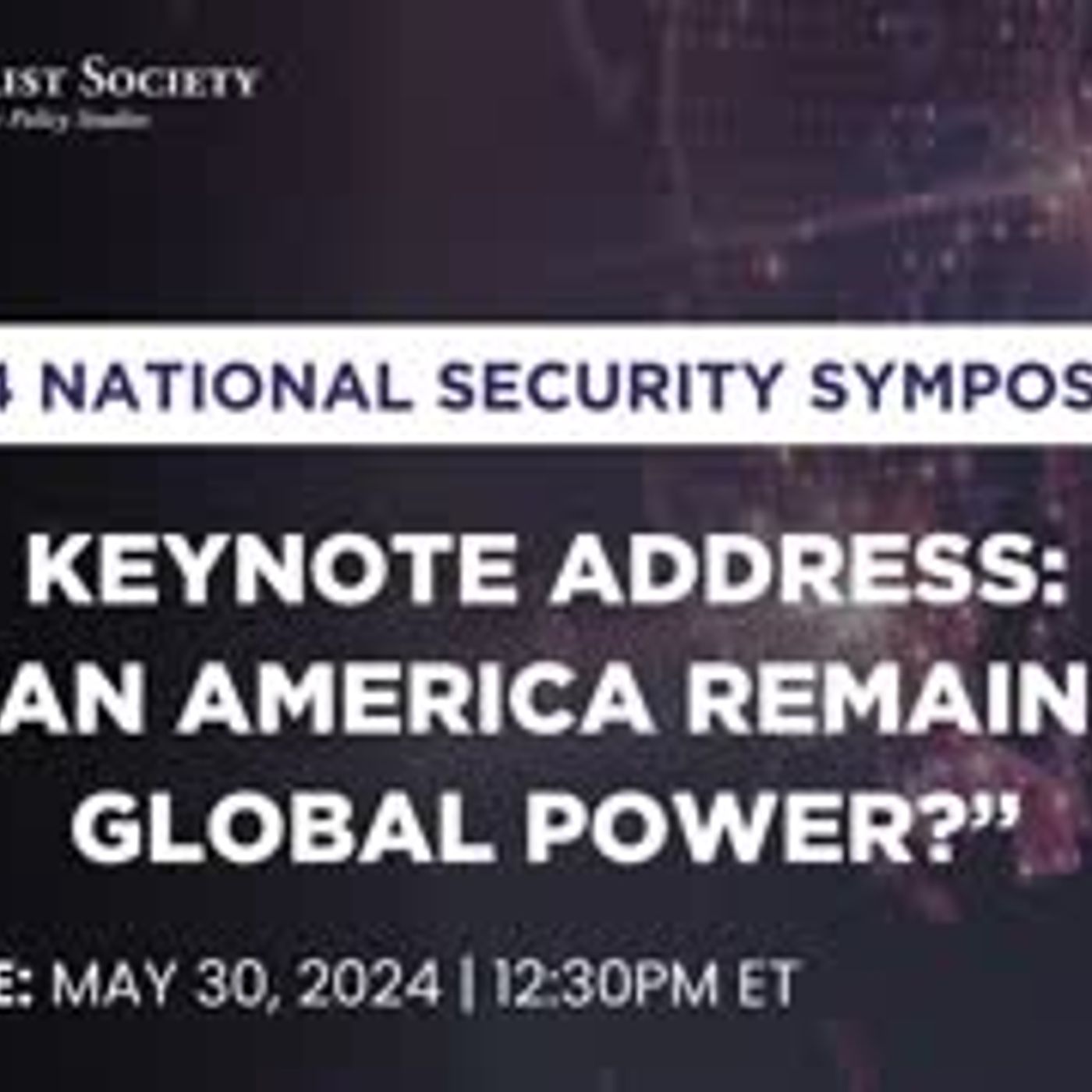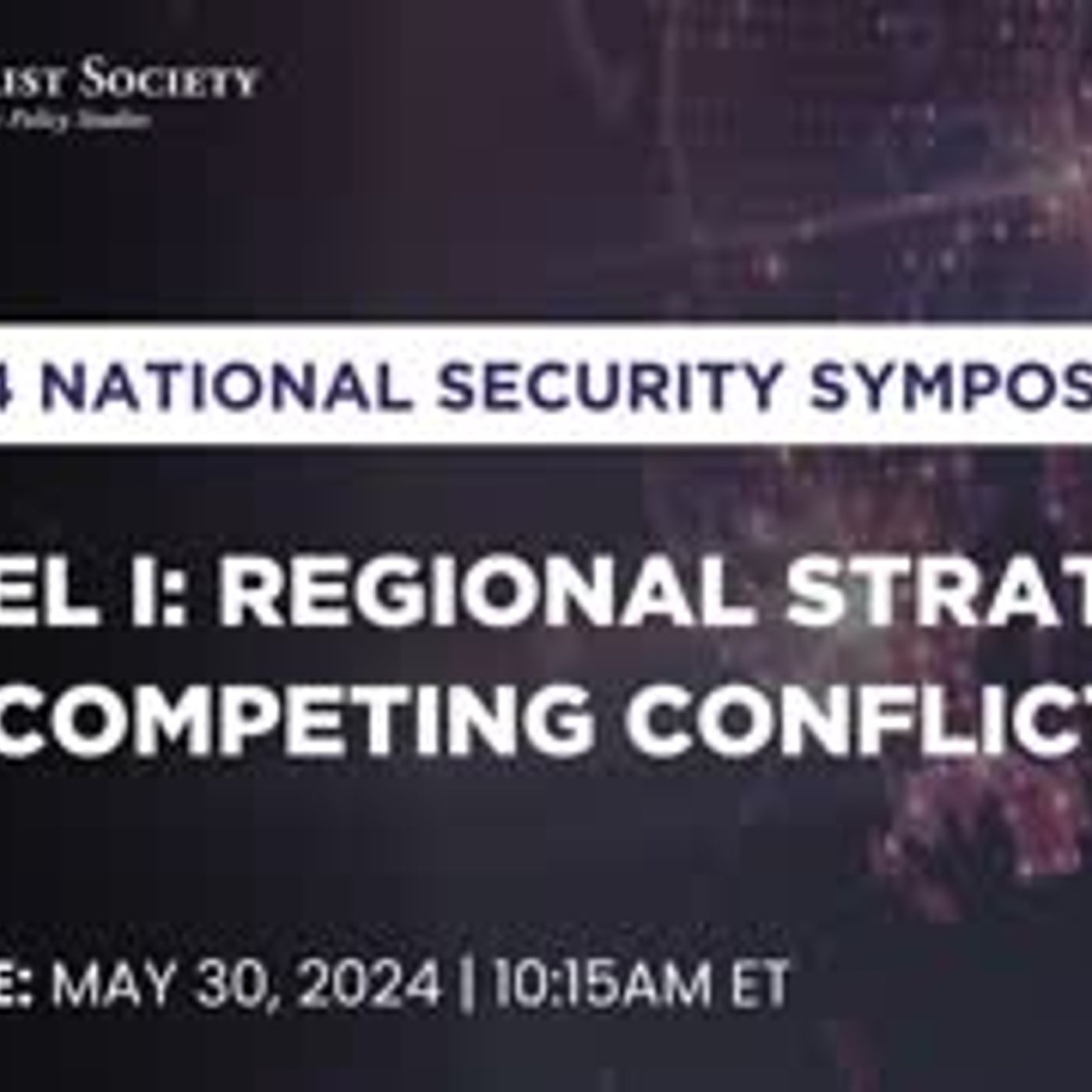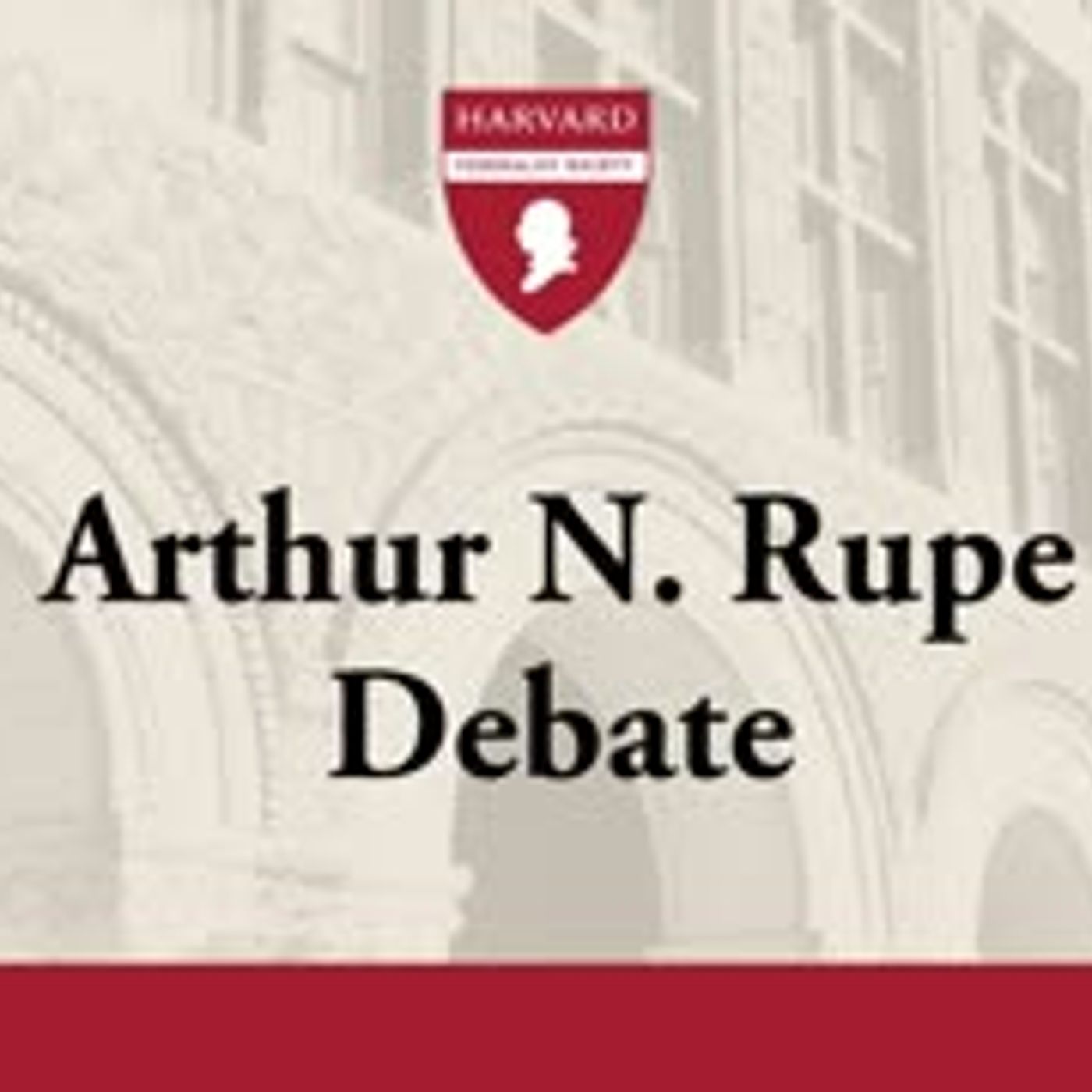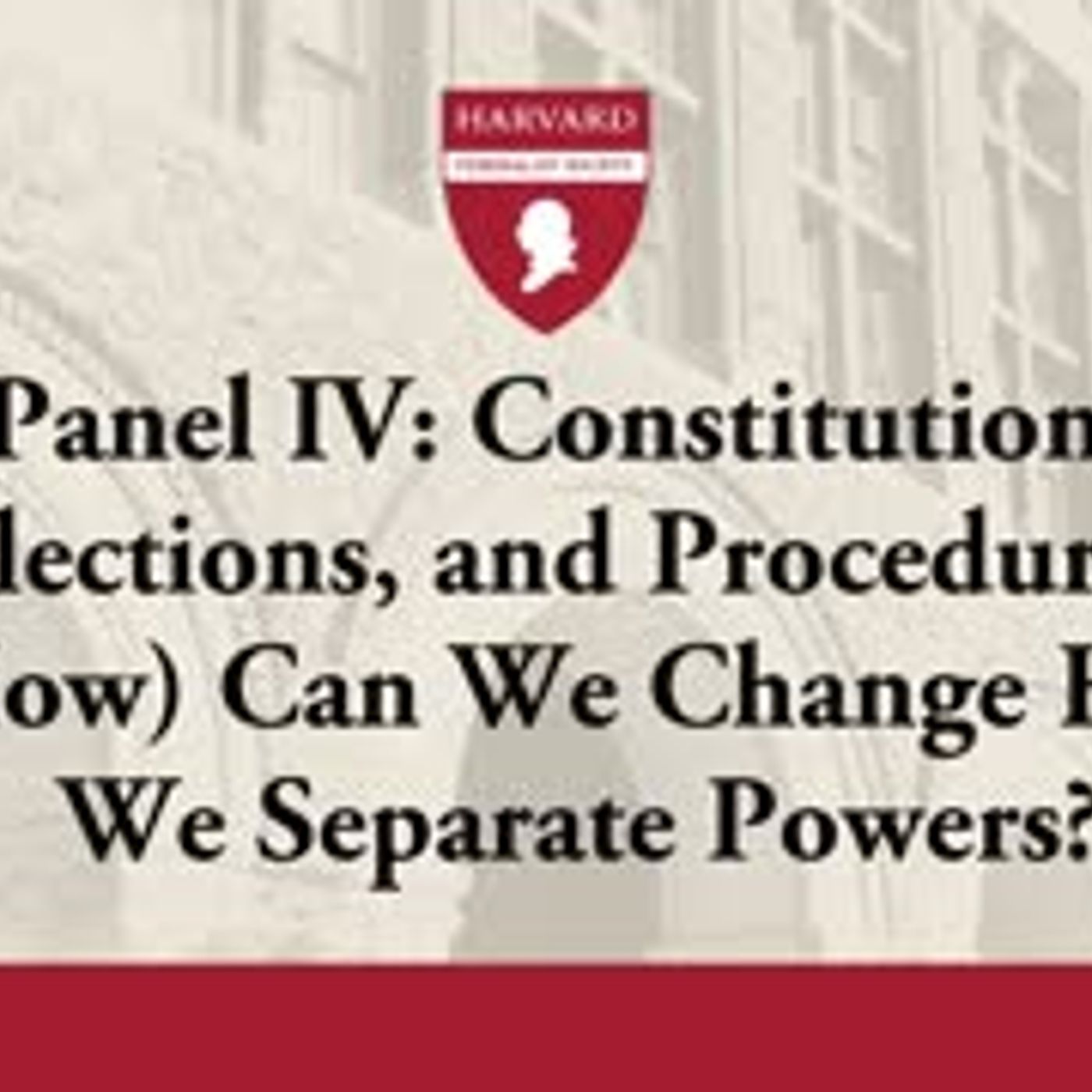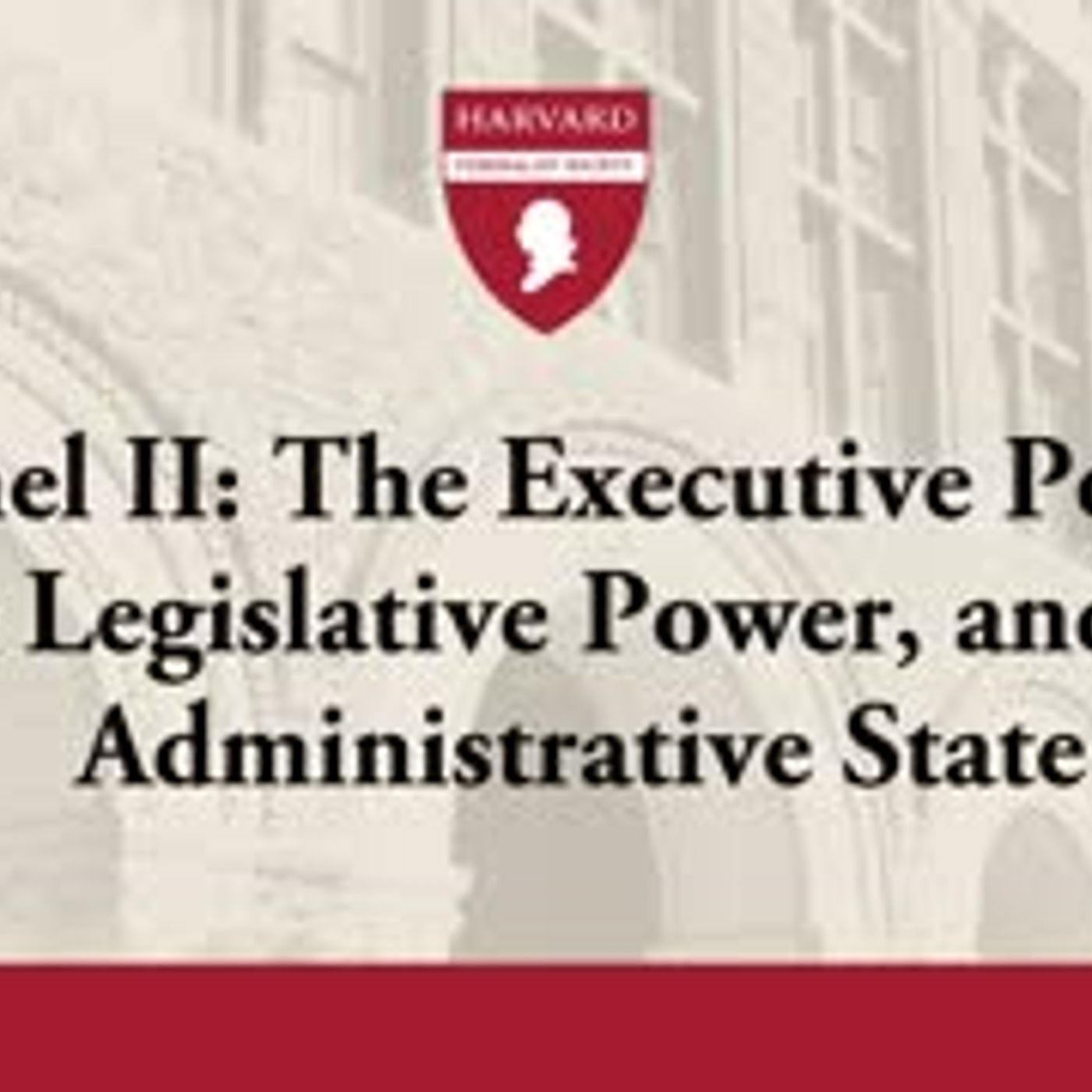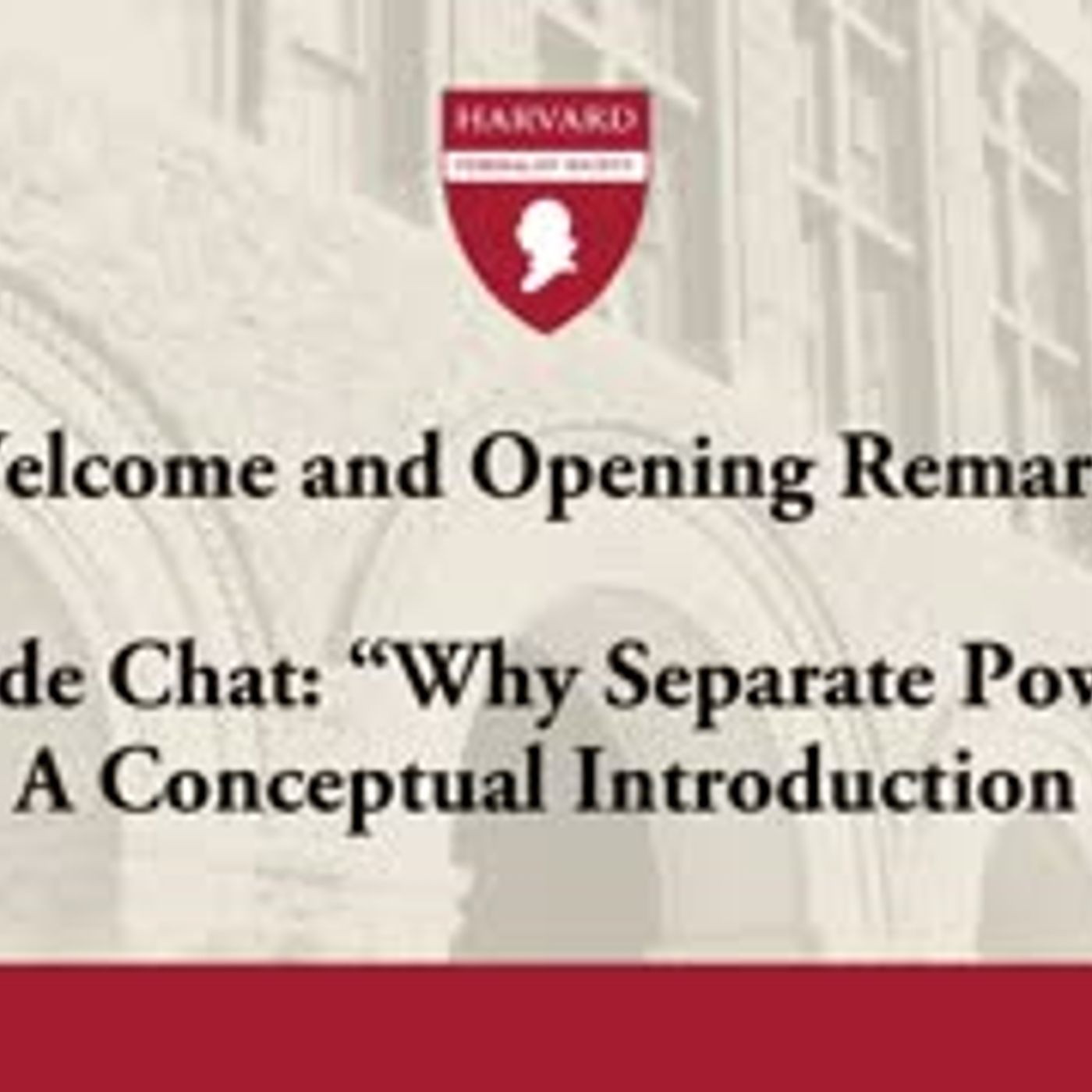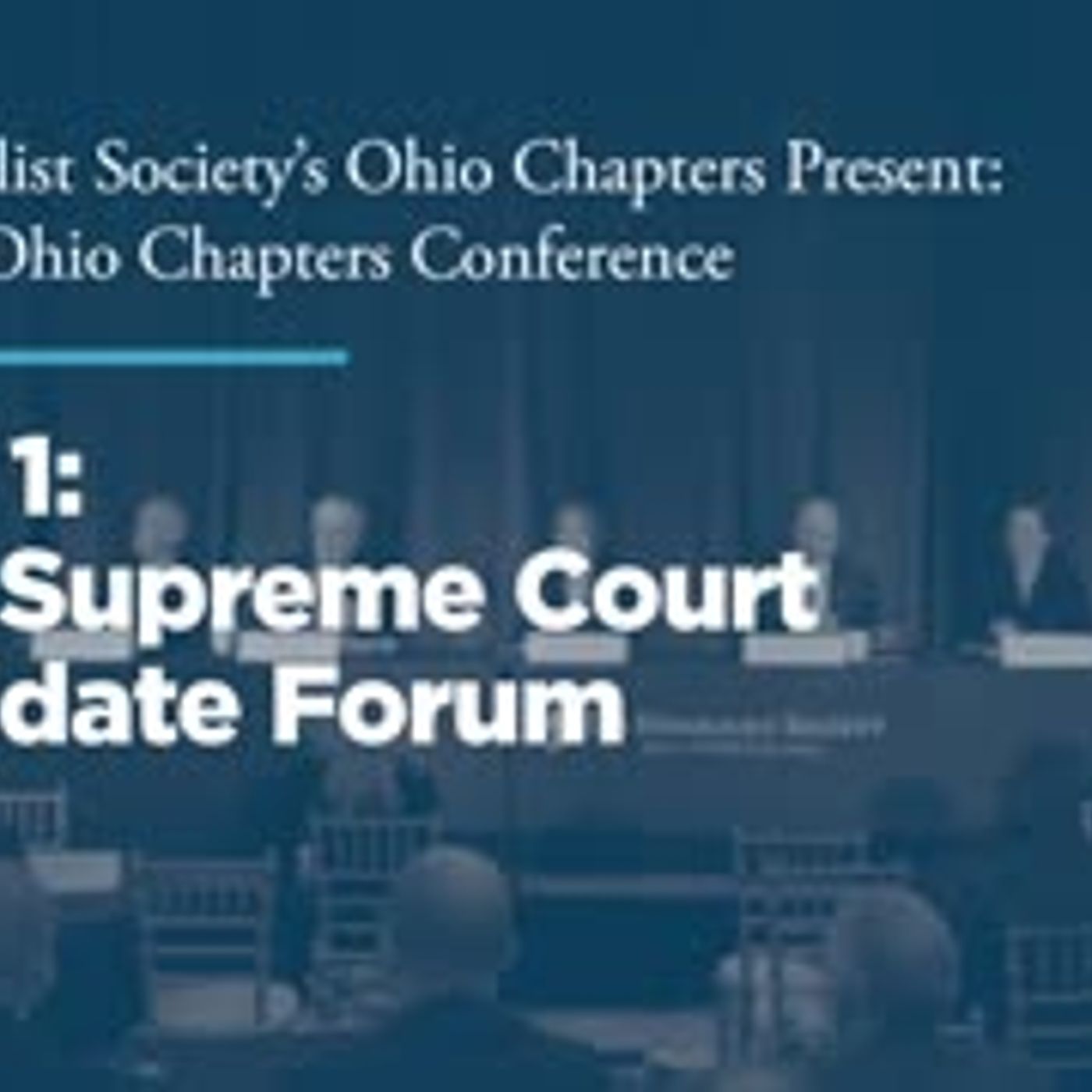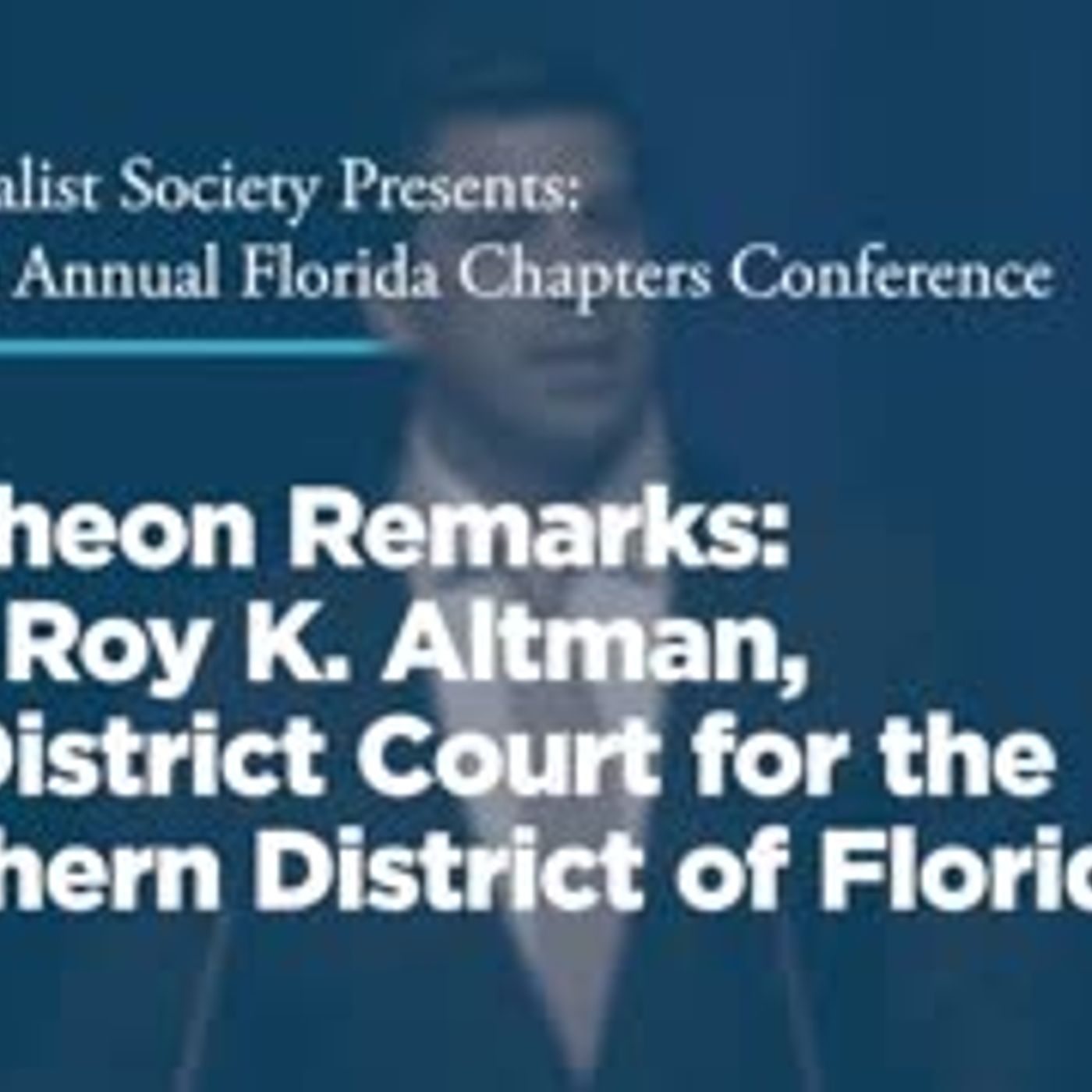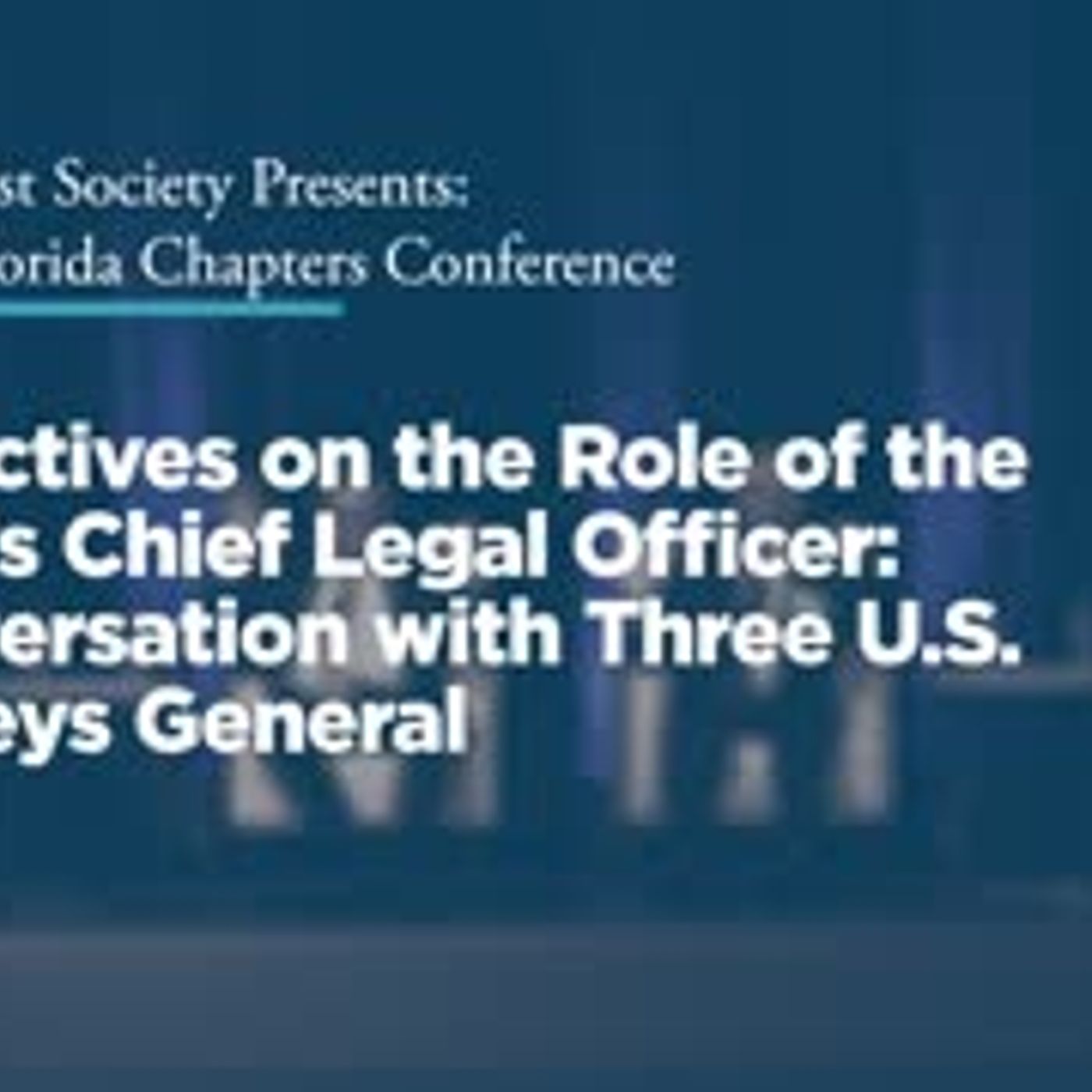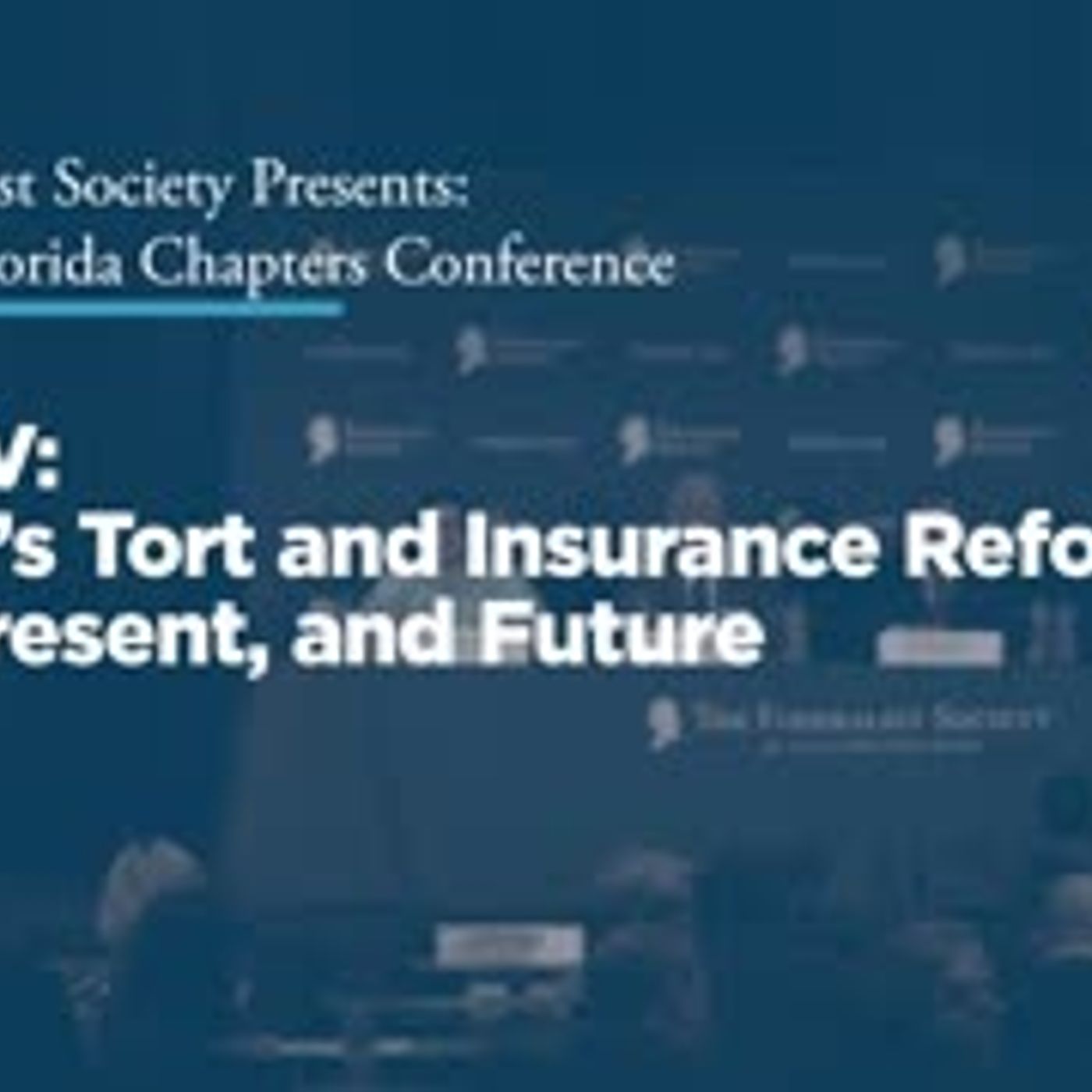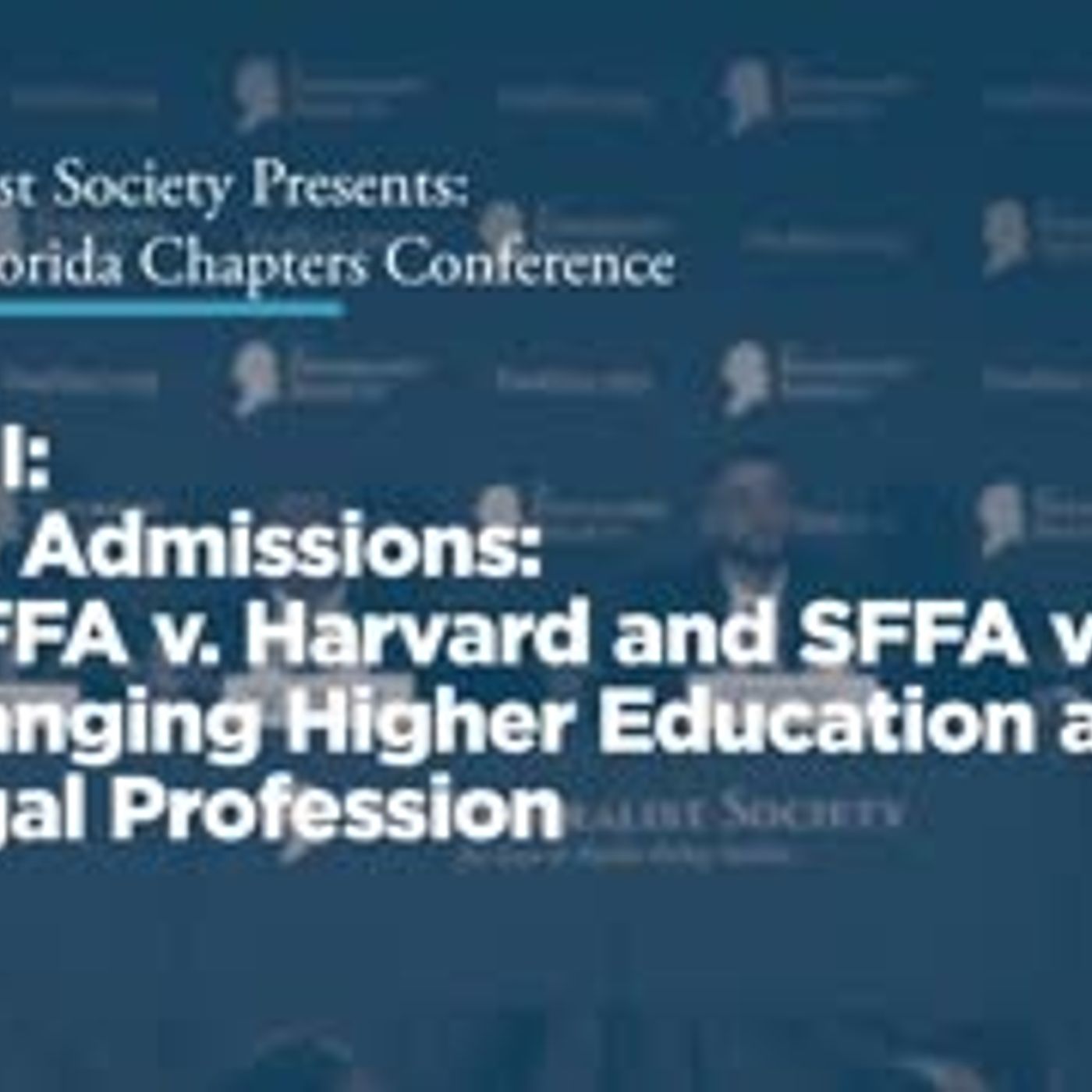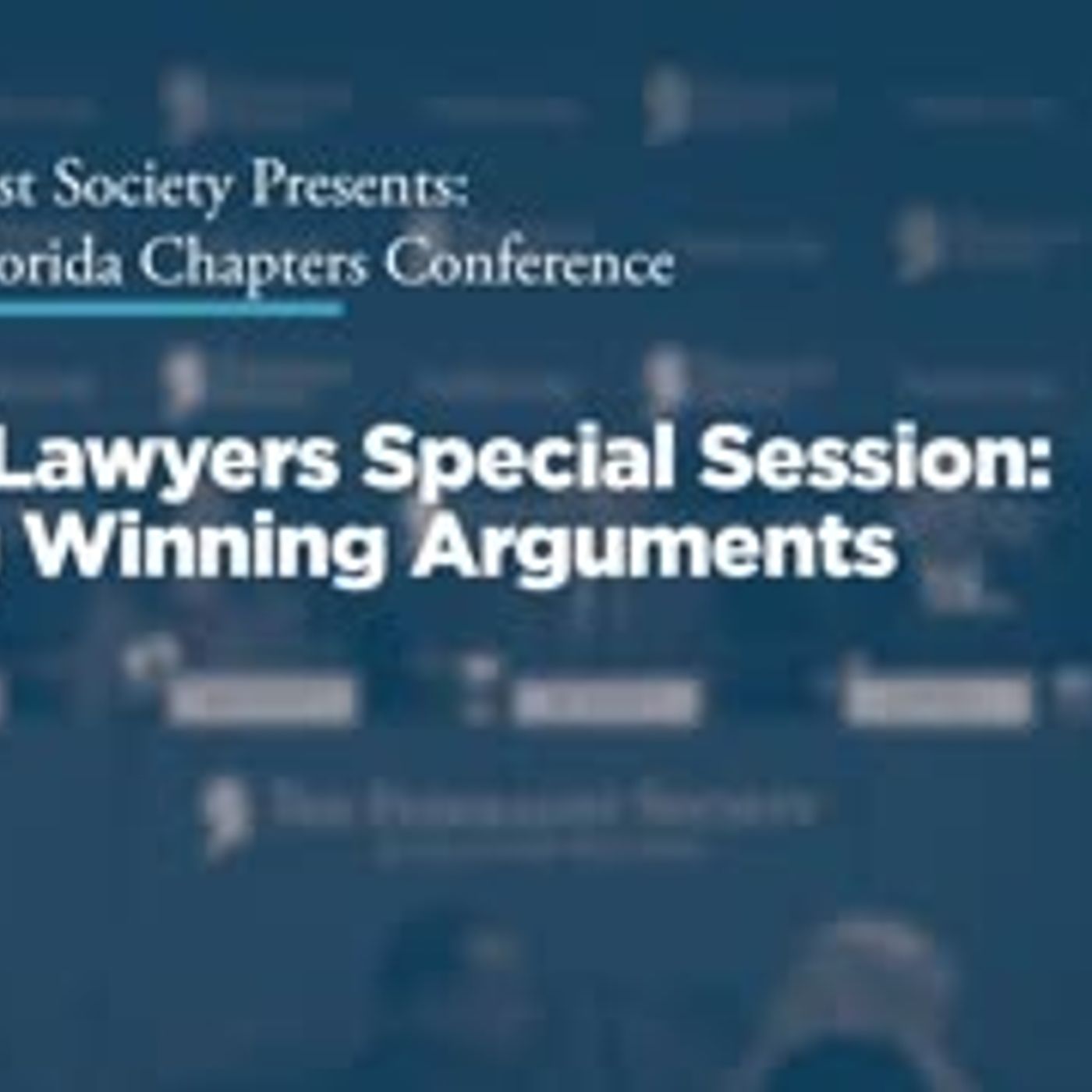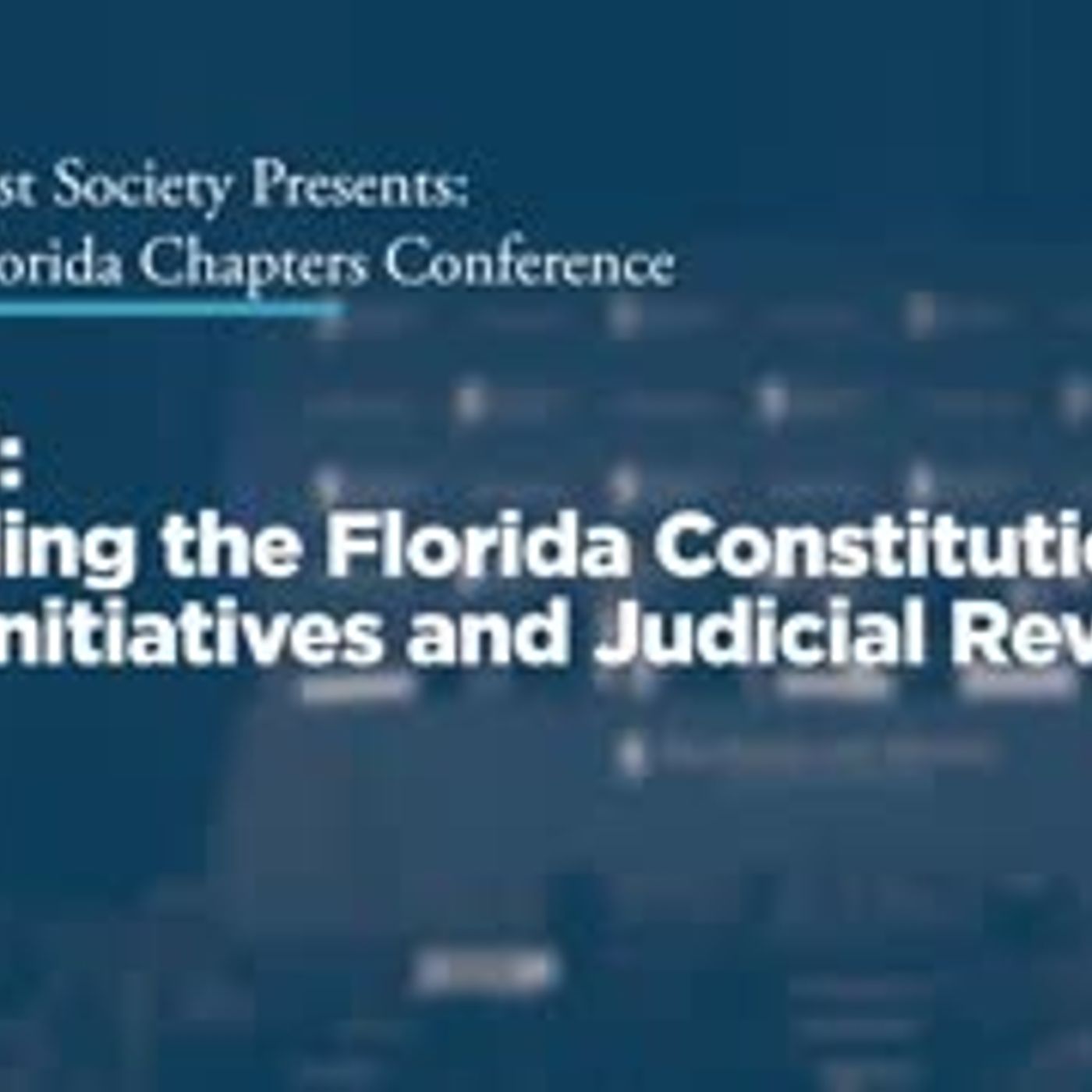Showcase Panel III: Sex, Gender, and the Law
The 1964 Civil Rights Act outlaws discrimination on the basis of sex in employment. In addition, in 1972, The Higher Education Act was amended to prohibit the exclusion of any person from any federally funded educational program or activity on the basis of sex. These seemingly simple prohibitions have recently been the focus of considerable attention. How, for example, do they apply to individuals whose gender identity is seemingly at odds with their biological sex? What does the Bostock decision say about their situation? Is a federally funded school required to assign bathrooms, showers, changing rooms, and sleeping quarters based on gender identity? Is an employer required to do so? If not required, is it permissible for these entities to do so under the law? What about athletics? What about prisons? And quite apart from what the law is now, what should it be? What about what is often called “gender affirming” treatment? Should a parent be able to obtain such treatment for a child? Should a parent be able to refuse it? What is the role of schools? Should the government be obligated to fund “gender affirming” care for prisoners or individuals on relief? Finally, does or should the law require others to accept a person’s preferred gender identity—at work, at school, elsewhere—and/or adjust their speech to reflect that identity?Featuring:Prof. Doriane Coleman, Thomas L. Perkins Distinguished Professor of Law, Duke Law School Ms. Erin Hawley, Senior Counsel, Vice President of Center for Life & Regulatory Practice, Alliance Defending FreedomHon. Andrea Lucas, Commissioner, U.S. Equal Employment Opportunity CommissionProf. Sarath Sanga, Professor of Law & Co-Director, Center for the Study of Corporate Law, Yale Law SchoolMr. D. John Sauer, Principle, James Otis Law Group LLC; Former Solicitor General, MissouriModerator: Ms. Jennifer Braceras, Founder, Independent Women’s Law Center; Former Commissioner, U.S. Commission on Civil Rights

1h 46m